Best Plant-Based Foods for a Heart-Healthy Cholesterol Diet
Embracing a plant-based diet not only supports overall well-being but also plays a significant role in managing cholesterol levels, a key factor in heart disease. This article will explore our favorite plant-based foods renowned for their cholesterol-friendly properties, offering a delicious roadmap to a heart-healthy lifestyle. Each section will explore a specific food, detailing its benefits, nutritional profile, and practical ways to incorporate it into your diet, ensuring a comprehensive guide to embracing a plant-powered, heart-friendly journey.
1. Oats: The Cholesterol-Lowering Powerhouse
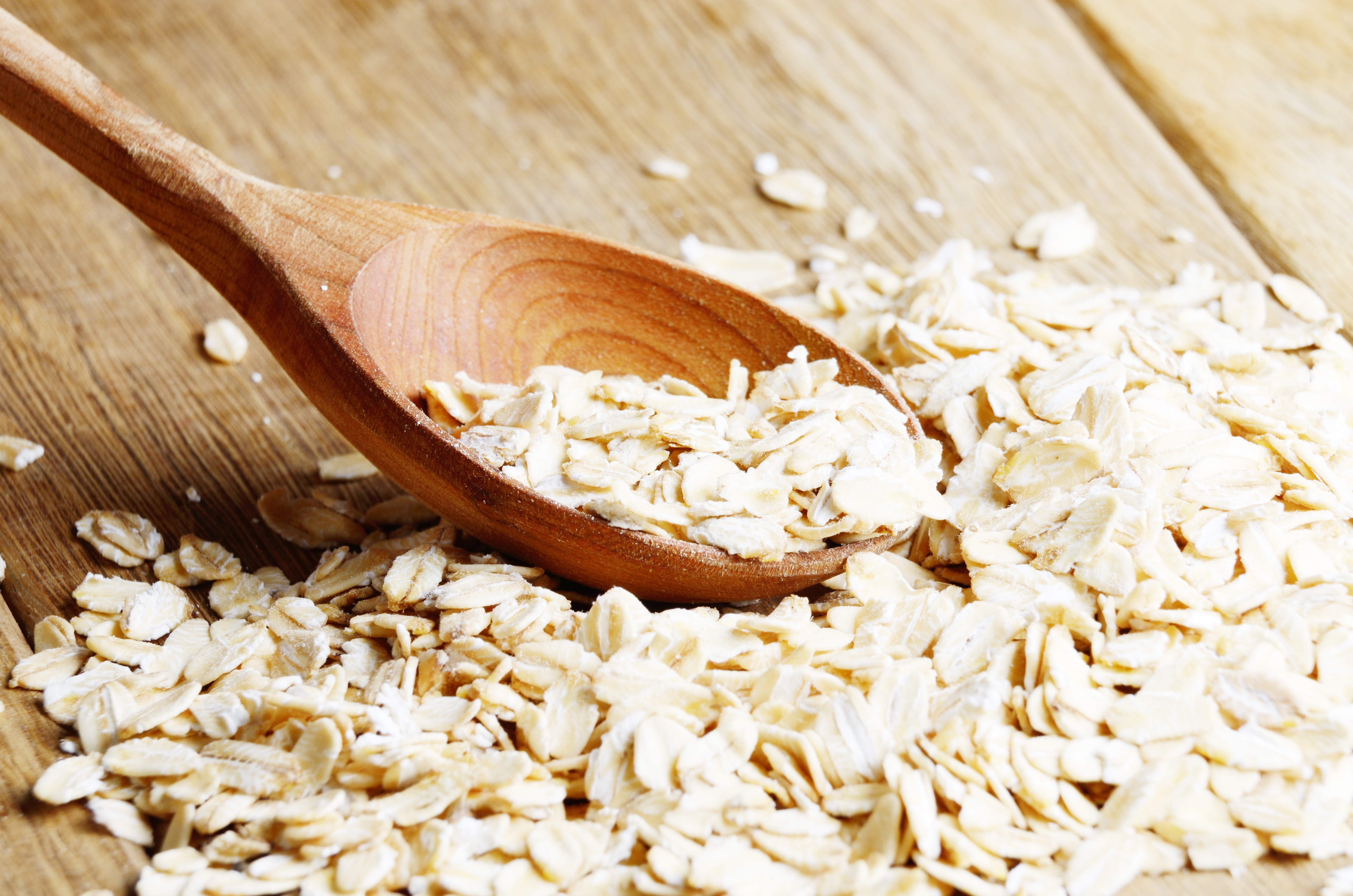
Oats have long been celebrated for their ability to lower cholesterol levels, making them a staple in heart-healthy diets. This humble grain is rich in beta-glucan, a type of soluble fiber that binds to cholesterol in the digestive tract, preventing its absorption into the bloodstream. Regular consumption of oats can lead to a significant reduction in LDL (low-density lipoprotein) cholesterol, often dubbed the "bad" cholesterol. Beyond their cholesterol-lowering properties, oats are also a versatile ingredient, easily incorporated into breakfast bowls, smoothies, and even savory dishes. By starting your day with a hearty bowl of oatmeal, you're not only fueling your body but also taking a proactive step towards heart health.
2. Avocados: The Creamy Heart Protector

Avocados are a unique fruit, rich in healthy monounsaturated fats that have been shown to improve cholesterol levels. These fats help increase HDL (high-density lipoprotein) cholesterol, known as the "good" cholesterol, while lowering LDL cholesterol. Avocados are also packed with fiber, vitamins, and antioxidants, making them a nutrient-dense addition to any diet. Their creamy texture and mild flavor make them incredibly versatile, perfect for spreading on toast, blending into smoothies, or adding to salads and sandwiches. By incorporating avocados into your meals, you're not only enhancing flavor but also supporting your heart's health in a deliciously satisfying way.
3. Nuts: Nature's Heart-Healthy Snack
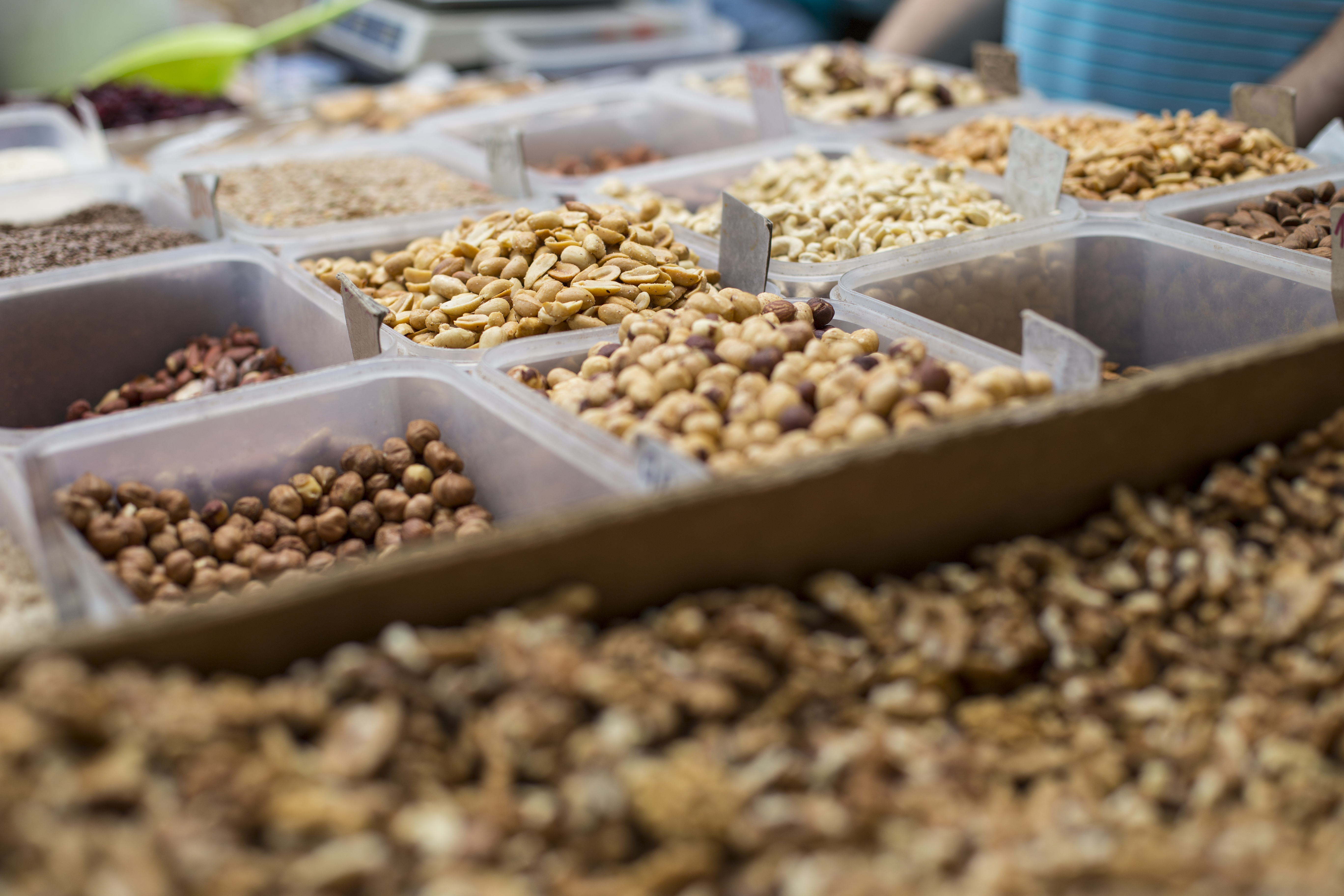
Nuts are a powerhouse of nutrients, brimming with healthy fats, protein, and fiber. Almonds, walnuts, and pistachios, in particular, have been extensively studied for their cholesterol-lowering effects. These nuts contain plant sterols and polyunsaturated fats that help reduce LDL cholesterol levels. A handful of nuts a day can significantly improve heart health by providing essential nutrients and antioxidants. Whether enjoyed as a snack, added to salads, or used as a crunchy topping for yogurt and oatmeal, nuts offer a convenient and tasty way to boost your heart health. Just remember to opt for unsalted varieties to maximize their benefits.
4. Legumes: The Fiber-Rich Cholesterol Buster
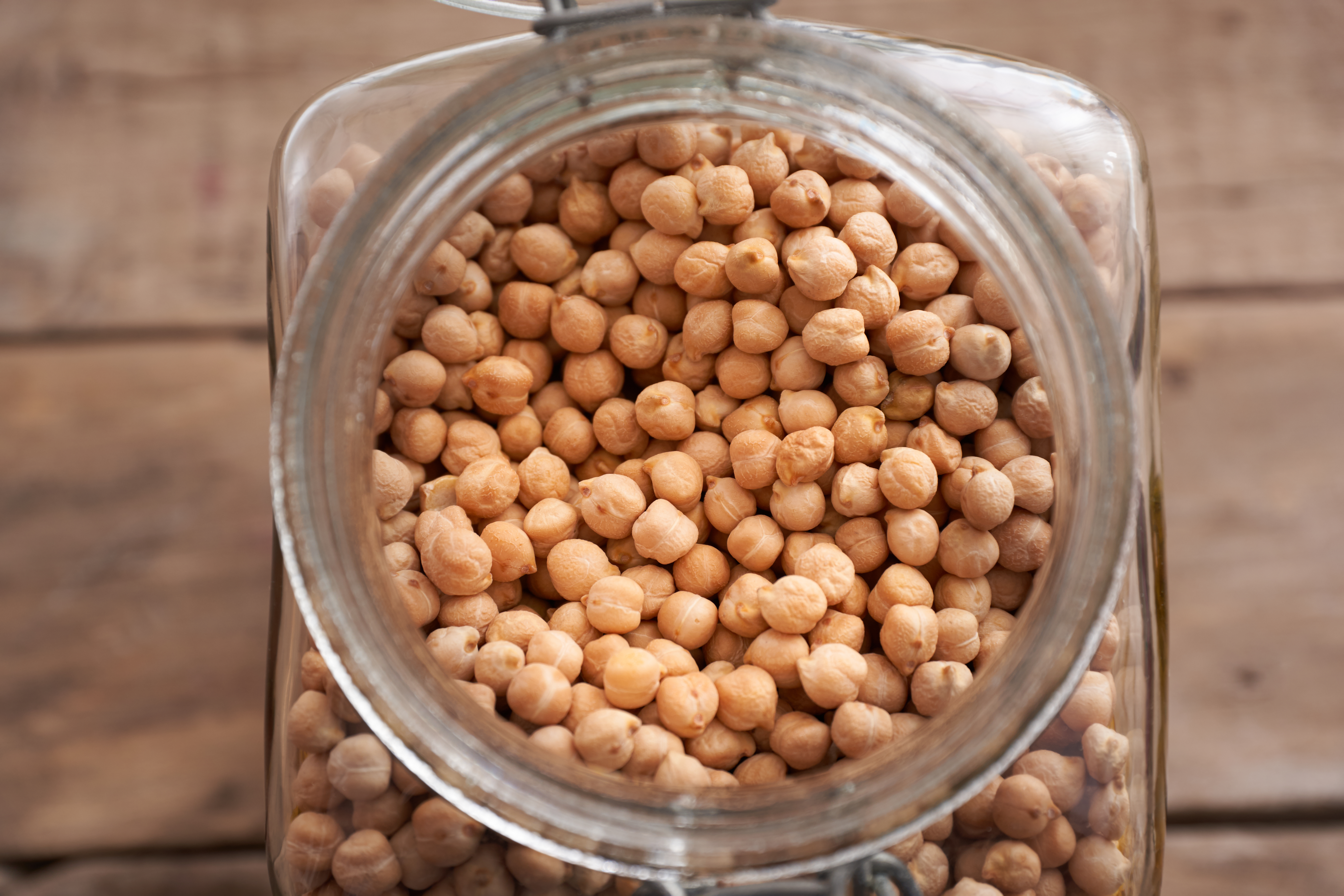
Legumes, including beans, lentils, and chickpeas, are a cornerstone of plant-based diets, celebrated for their high fiber content and ability to lower cholesterol. Soluble fiber in legumes binds to cholesterol in the digestive system, aiding in its excretion from the body. Regular consumption of legumes can lead to a notable reduction in LDL cholesterol, contributing to improved heart health. They are also an excellent source of plant-based protein, making them a satisfying and nutritious addition to meals. From hearty soups and stews to salads and dips, legumes are a versatile ingredient that can be easily incorporated into a variety of dishes.
5. Berries: Antioxidant-Rich Heart Protectors
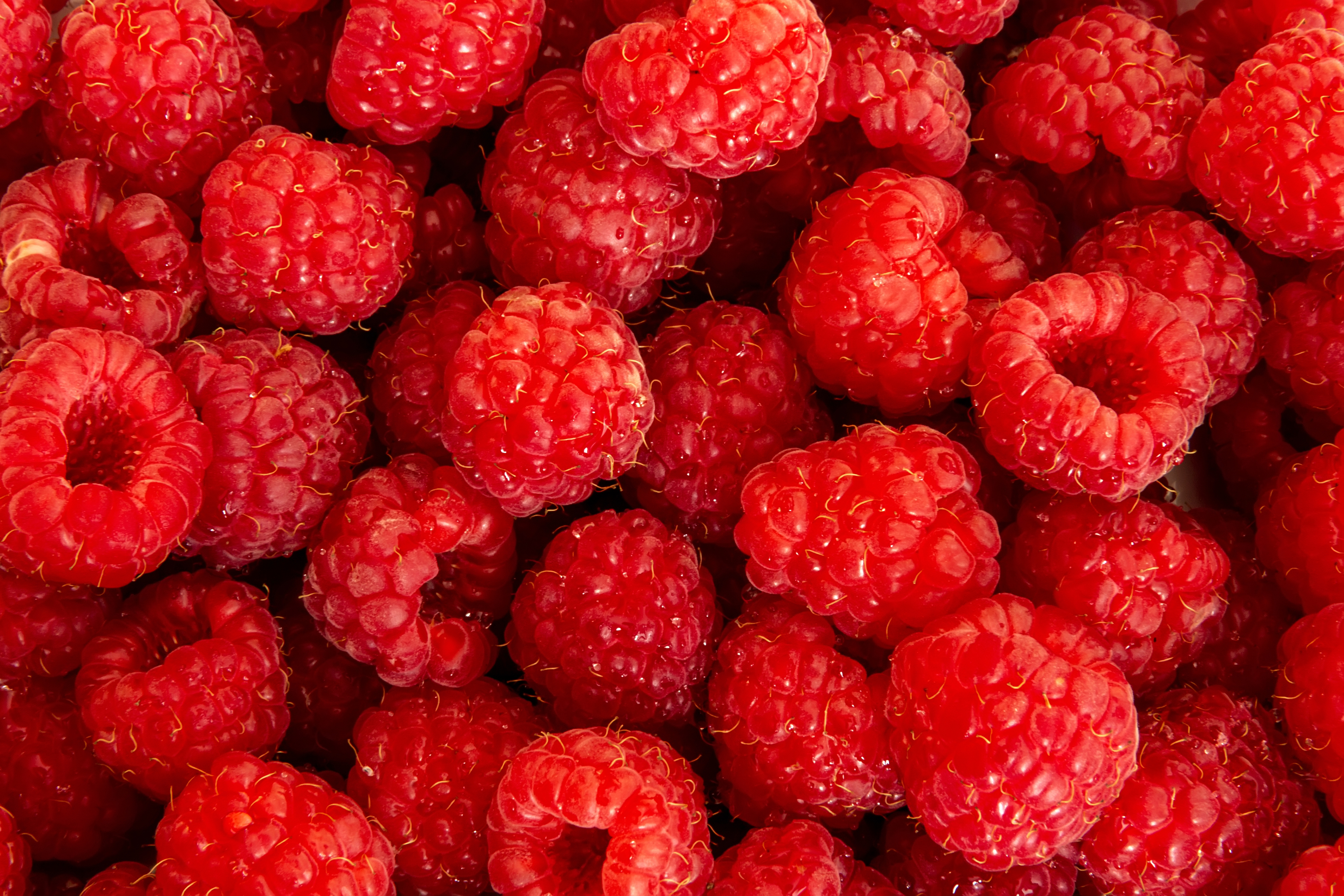
Berries, such as blueberries, strawberries, and raspberries, are not only delicious but also packed with antioxidants and fiber, both of which contribute to heart health. The polyphenols found in berries help reduce inflammation and oxidative stress, which are linked to heart disease. Studies have shown that regular consumption of berries can improve cholesterol levels and reduce blood pressure, two key factors in maintaining cardiovascular health. Whether enjoyed fresh, frozen, or dried, berries make a delightful addition to smoothies, cereals, and desserts. Their natural sweetness and vibrant colors also make them an appealing snack, offering a heart-healthy treat that satisfies both taste and nutrition.
6. Dark Leafy Greens: Nutrient-Dense Cholesterol Fighters

Dark leafy greens, such as spinach, kale, and Swiss chard, are nutritional powerhouses, rich in vitamins, minerals, and antioxidants. These greens are particularly high in lutein and other carotenoids, which help lower cholesterol levels and protect against heart disease. The fiber content in leafy greens also aids in cholesterol management by promoting its excretion from the body. Incorporating these greens into your diet is simple and versatile; they can be added to salads, smoothies, or sautéed as a side dish. By embracing dark leafy greens, you're not only enhancing the nutrient density of your meals but also taking a proactive step towards heart health.
7. Whole Grains: The Foundation of Heart Health

Whole grains, including brown rice, quinoa, and barley, are an essential component of a heart-healthy diet. Unlike refined grains, whole grains retain their bran and germ, providing a rich source of fiber, vitamins, and minerals. The soluble fiber in whole grains helps lower LDL cholesterol and supports overall cardiovascular health. Regular consumption of whole grains is associated with a reduced risk of heart disease, making them a vital part of any cholesterol-friendly diet. Whether enjoyed as a base for salads, in soups, or as a side dish, whole grains offer a satisfying and nutritious way to support heart health.
8. Flaxseeds: Tiny Seeds with Big Benefits
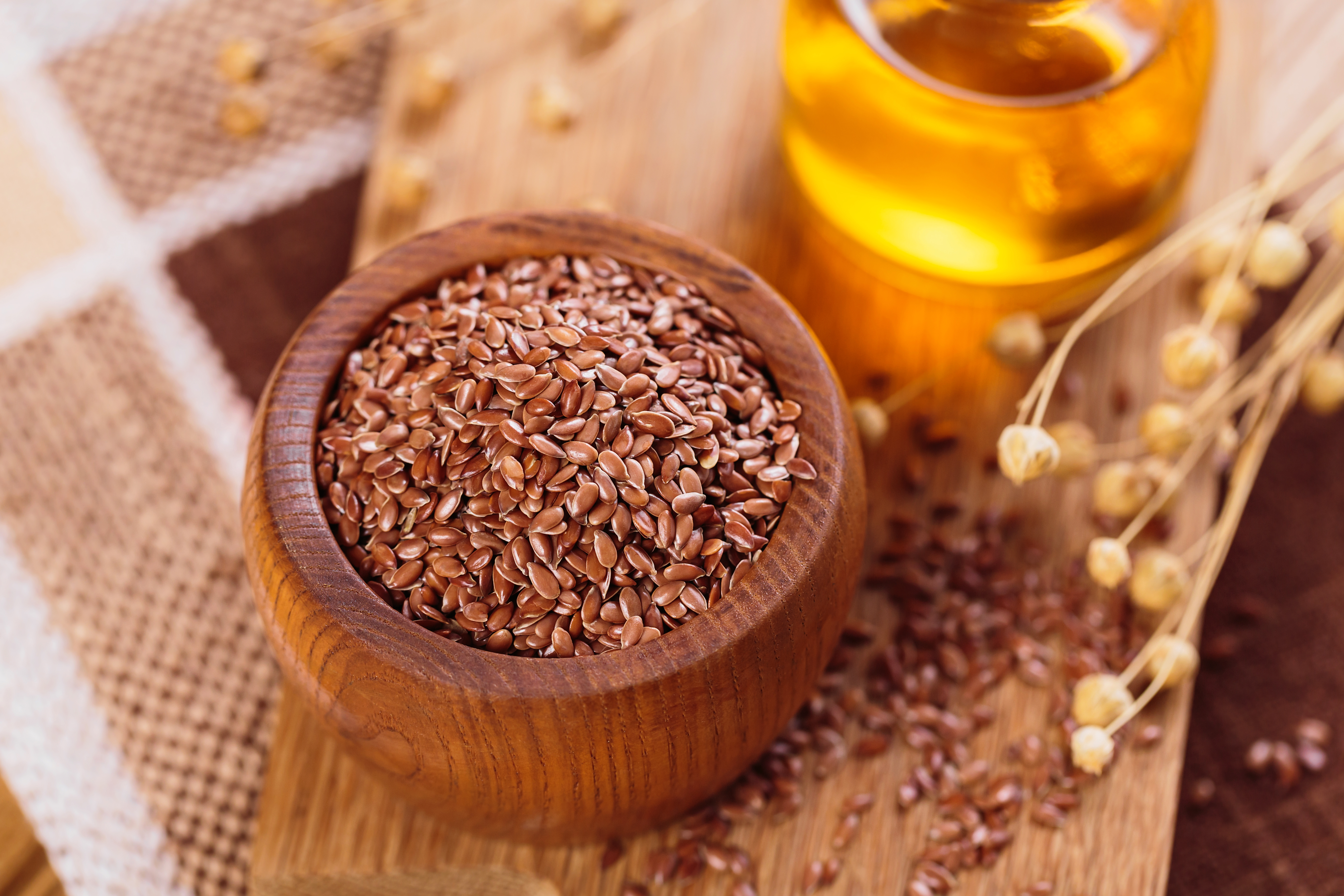
Flaxseeds may be small, but they pack a powerful punch when it comes to heart health. Rich in omega-3 fatty acids, lignans, and fiber, flaxseeds are known for their cholesterol-lowering properties. The soluble fiber in flaxseeds helps reduce LDL cholesterol, while the omega-3s support overall cardiovascular health. Flaxseeds can be easily incorporated into your diet by adding them to smoothies, yogurt, or baked goods. For optimal benefits, it's best to consume ground flaxseeds, as whole seeds may pass through the digestive system without being fully absorbed. By including flaxseeds in your diet, you're embracing a simple yet effective way to support heart health.
9. Soy Products: Plant-Based Protein with Heart Benefits
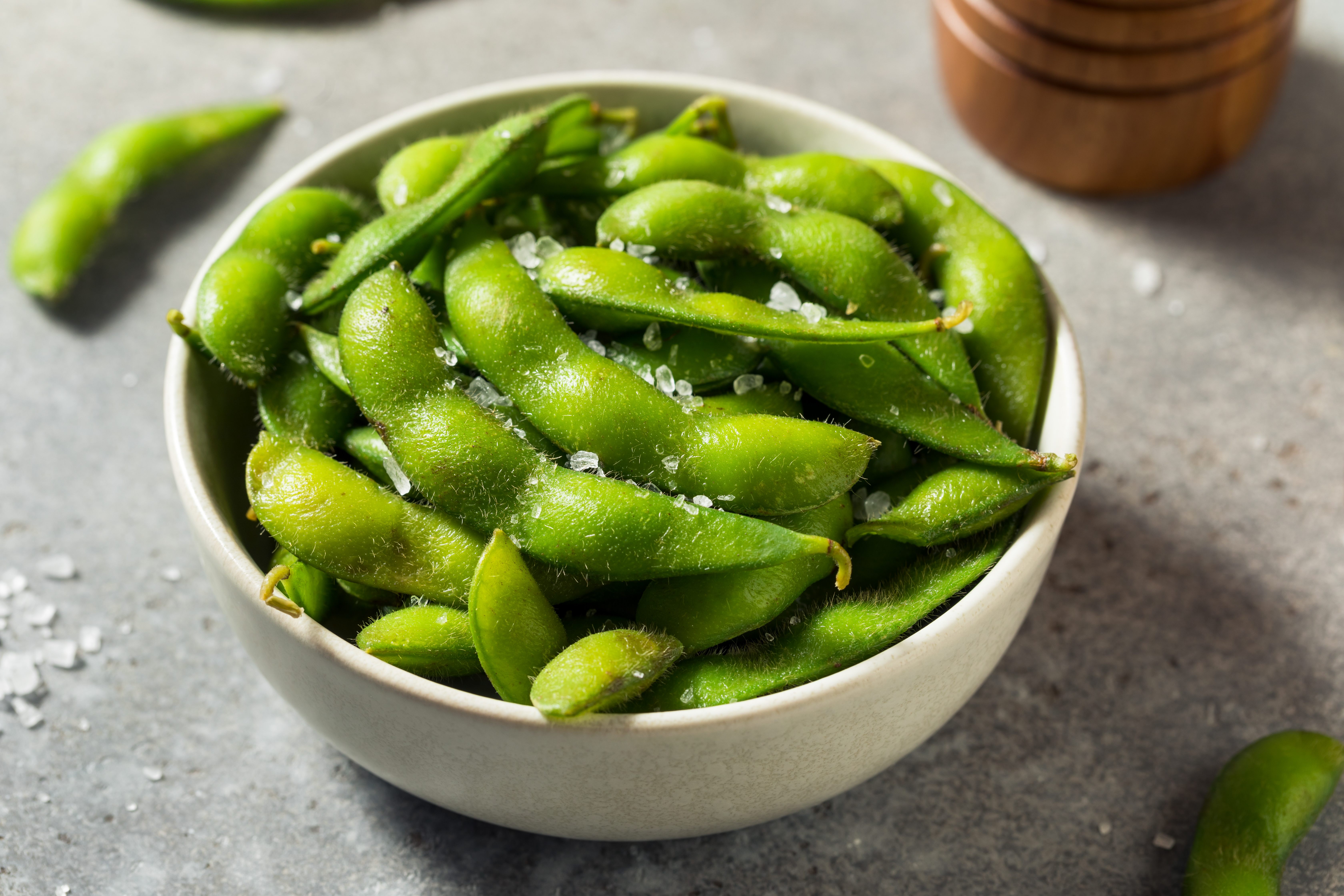
Soy products, such as tofu, tempeh, and edamame, offer a plant-based protein source with heart-health benefits. Soy contains isoflavones and soluble fiber, both of which have been shown to lower LDL cholesterol levels. Incorporating soy products into your diet can contribute to improved heart health and provide a versatile protein option for plant-based eating. Tofu and tempeh can be used in a variety of dishes, from stir-fries to salads, while edamame makes a nutritious snack or addition to soups and stews. By embracing soy products, you're not only supporting heart health but also enjoying a diverse range of culinary possibilities.
10. Olive Oil: The Heart-Friendly Fat
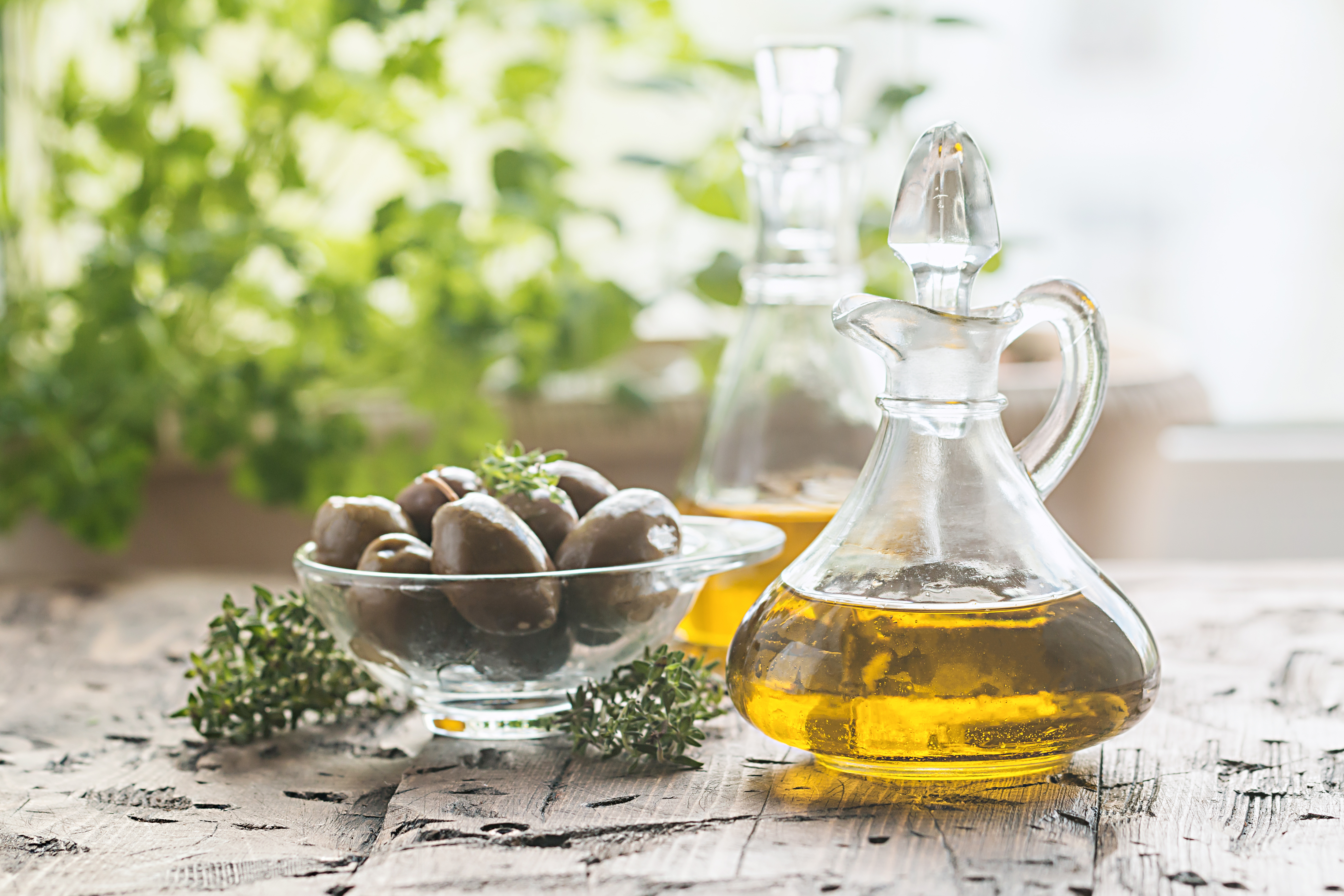
Olive oil, particularly extra virgin olive oil, is a cornerstone of the Mediterranean diet, renowned for its heart-health benefits. Rich in monounsaturated fats and antioxidants, olive oil helps reduce LDL cholesterol levels and supports overall cardiovascular health. Its anti-inflammatory properties also contribute to heart health, making it a valuable addition to any diet. Olive oil can be used in cooking, as a salad dressing, or drizzled over vegetables and whole grains for added flavor and nutrition. By incorporating olive oil into your meals, you're embracing a heart-healthy fat that enhances both taste and wellness.
11. Garlic: The Aromatic Blood Pressure Ally

Garlic, a foundational ingredient in many cuisines, is more than just a flavor enhancer; it's a potent ally in the quest for heart health. Its active compound, allicin, has been shown to relax blood vessels and improve circulation, leading to a natural reduction in blood pressure. Additionally, garlic has been linked to lower total cholesterol and LDL (bad) cholesterol levels. Incorporating fresh garlic into your meals is an easy and delicious way to support your heart health, proving that a little bit of aromatic flavor can go a long way in your wellness journey.
12. Apples: The Pectin-Rich Snack

Apples are a delicious and convenient snack, but their real magic lies in their high pectin content. Pectin is a type of soluble fiber that, like beta-glucan in oats, binds to cholesterol in the digestive tract and helps remove it from the body before it can be absorbed. Studies have shown that regular consumption of apples can lead to a significant reduction in LDL cholesterol, making them a simple and effective tool for heart health. Enjoy them whole with the skin, as that’s where most of the pectin and antioxidants are found.
13. Broccoli: The Cruciferous Cholesterol Fighter

Broccoli and other cruciferous vegetables like cauliflower and Brussels sprouts are anti-inflammatory and cholesterol-lowering powerhouses. They contain a powerful compound called sulforaphane, which helps to activate a pathway in the body that reduces inflammation and oxidative stress. Broccoli is also rich in soluble fiber, which binds to cholesterol in the gut and aids in its excretion. Steaming or lightly cooking broccoli preserves its sulforaphane content, making it a potent and versatile addition to any heart-healthy diet.
14. Green Tea: The Antioxidant Elixir

Green tea is more than a soothing beverage; it's a powerful heart-health elixir. It contains a high concentration of epigallocatechin gallate (EGCG), a potent antioxidant that has been shown to reduce inflammation and protect cells from damage. Regular consumption of green tea is linked to lower LDL cholesterol levels and improved blood vessel function. Making a daily cup of green tea a ritual is a simple and delicious way to support your heart, proving that a healthy lifestyle can be both calming and beneficial.
15. Tomatoes: The Lycopene Heart Guardian

Tomatoes, a versatile fruit often used as a vegetable, are an excellent source of lycopene, a powerful antioxidant that has been shown to support heart health. Lycopene helps reduce inflammation and protect against the oxidation of LDL cholesterol, a key step in the formation of arterial plaques. Cooking tomatoes, such as in sauces or soups, increases the bioavailability of lycopene, making it easier for the body to absorb. By adding tomatoes to your diet, you're embracing a heart-healthy food that enhances both flavor and wellness.
16. Red Grapes: The Resveratrol Protector

Red grapes, and their skins, are an anti-aging and cholesterol-protecting powerhouse. They contain a potent antioxidant called resveratrol, which has been shown to protect against arterial damage and reduce inflammation. Resveratrol helps to neutralize free radicals and inhibit LDL ("bad") cholesterol from oxidizing, a key step in the formation of arterial plaques. While resveratrol is famously found in red wine, eating whole red grapes provides the same benefits without the alcohol, along with added fiber and vitamins. Enjoying a handful of grapes as a snack or adding them to a salad is a simple way to give your heart a powerful, natural boost.
17. Pomegranates: The Ellagic Acid Marvel
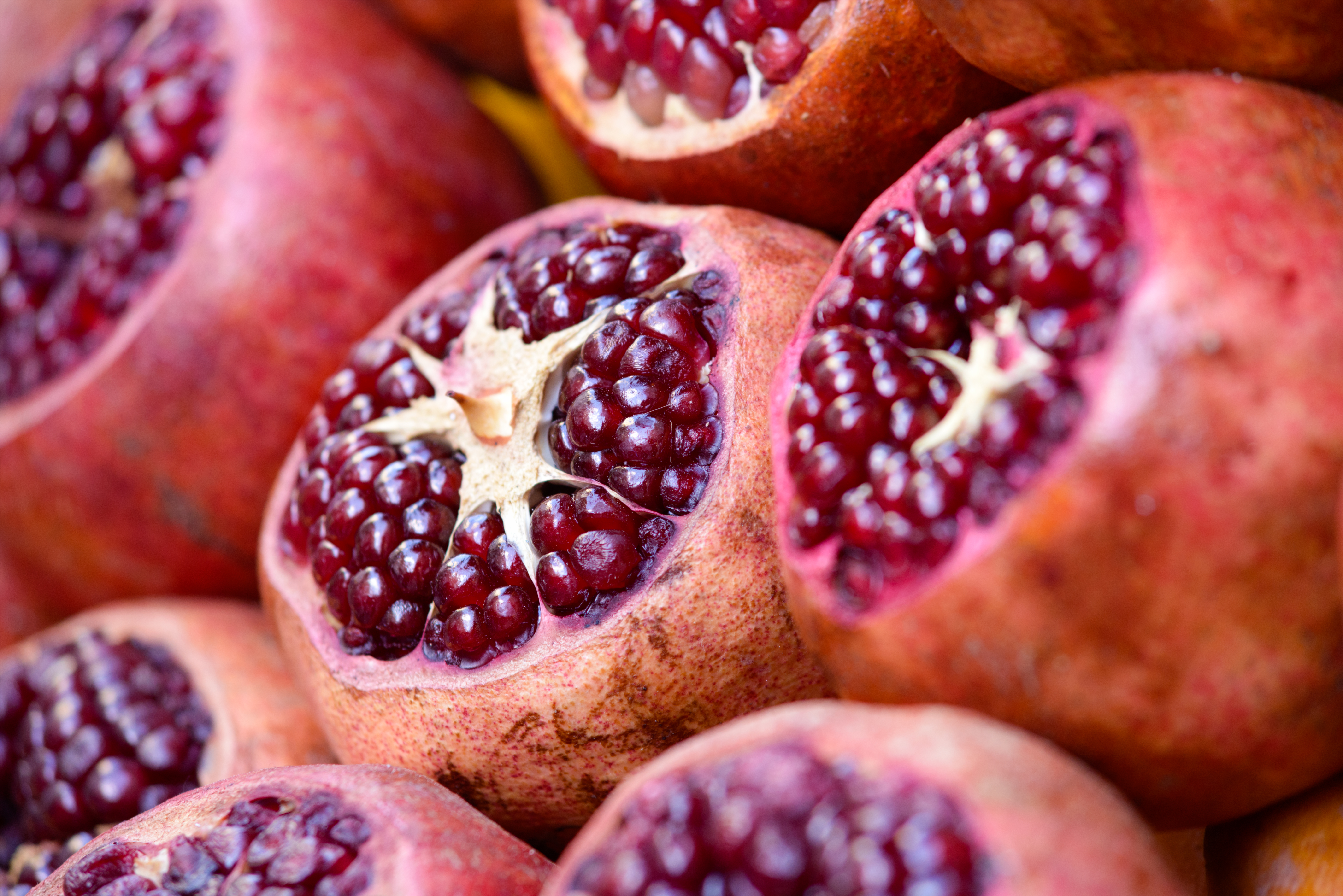
Pomegranates are a vibrant, antioxidant-packed fruit that offers unique heart-health benefits. The fruit contains a powerful compound called ellagic acid, which has been shown to reduce arterial plaque formation and improve blood flow. Pomegranates also contain punicalagins, which are powerful antioxidants that protect the body from free radicals and reduce inflammation. Studies have shown that both pomegranate juice and the whole fruit can help lower blood pressure and improve cholesterol levels. Adding pomegranate seeds to salads, oatmeal, or enjoying them on their own is a delicious and luxurious way to support your cardiovascular system.
18. Brussels Sprouts: The Soluble Fiber Star
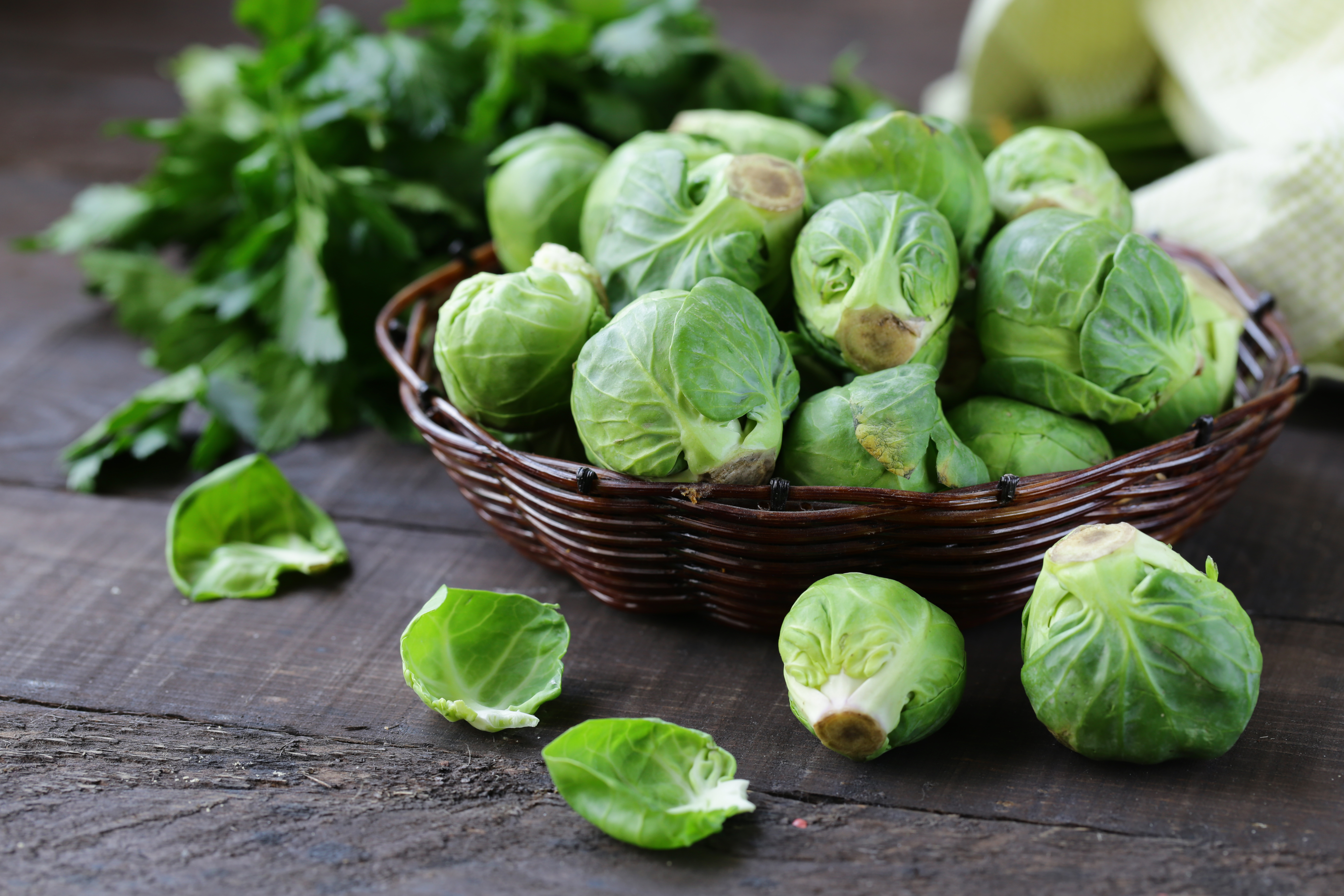
While the list mentions broccoli, Brussels sprouts deserve their own spotlight as a cholesterol-fighting champion. These miniature cabbages are a fantastic source of soluble fiber, which binds to cholesterol in your digestive system and prevents it from being absorbed. They also contain a range of vitamins, minerals, and antioxidants that help reduce inflammation and support overall heart health. Roasting Brussels sprouts brings out their naturally nutty, sweet flavor, making them a delicious and satisfying side dish. Incorporating these nutrient-dense vegetables into your meals is a simple and effective way to lower your cholesterol and protect your heart.
19. Okra: The Mucilage Powerhouse
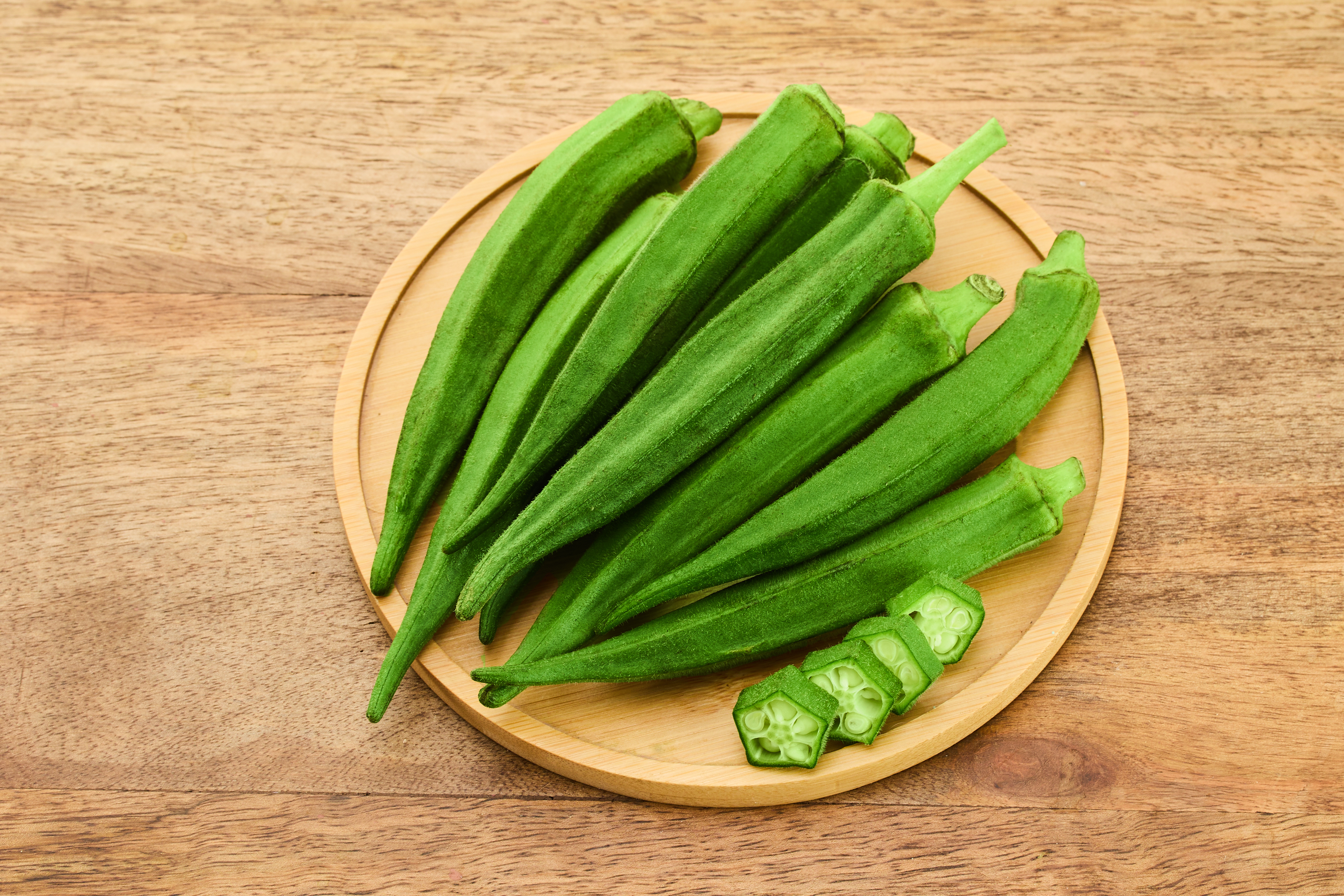
Okra, a unique and often-overlooked vegetable, is a true powerhouse for lowering cholesterol. Its secret weapon is mucilage, a sticky, gel-like soluble fiber that acts like a sponge in your digestive system. This mucilage binds directly to excess cholesterol and bile acids, preventing their absorption and carrying them out of the body. Beyond its unique fiber, okra also contains a variety of vitamins and minerals that support overall health. Whether you roast it, sauté it, or add it to soups and stews, okra offers a simple and highly effective way to use nature's own binding agent to keep your cholesterol levels in check.
20. Artichokes: The Bile-Boosting Detoxifier
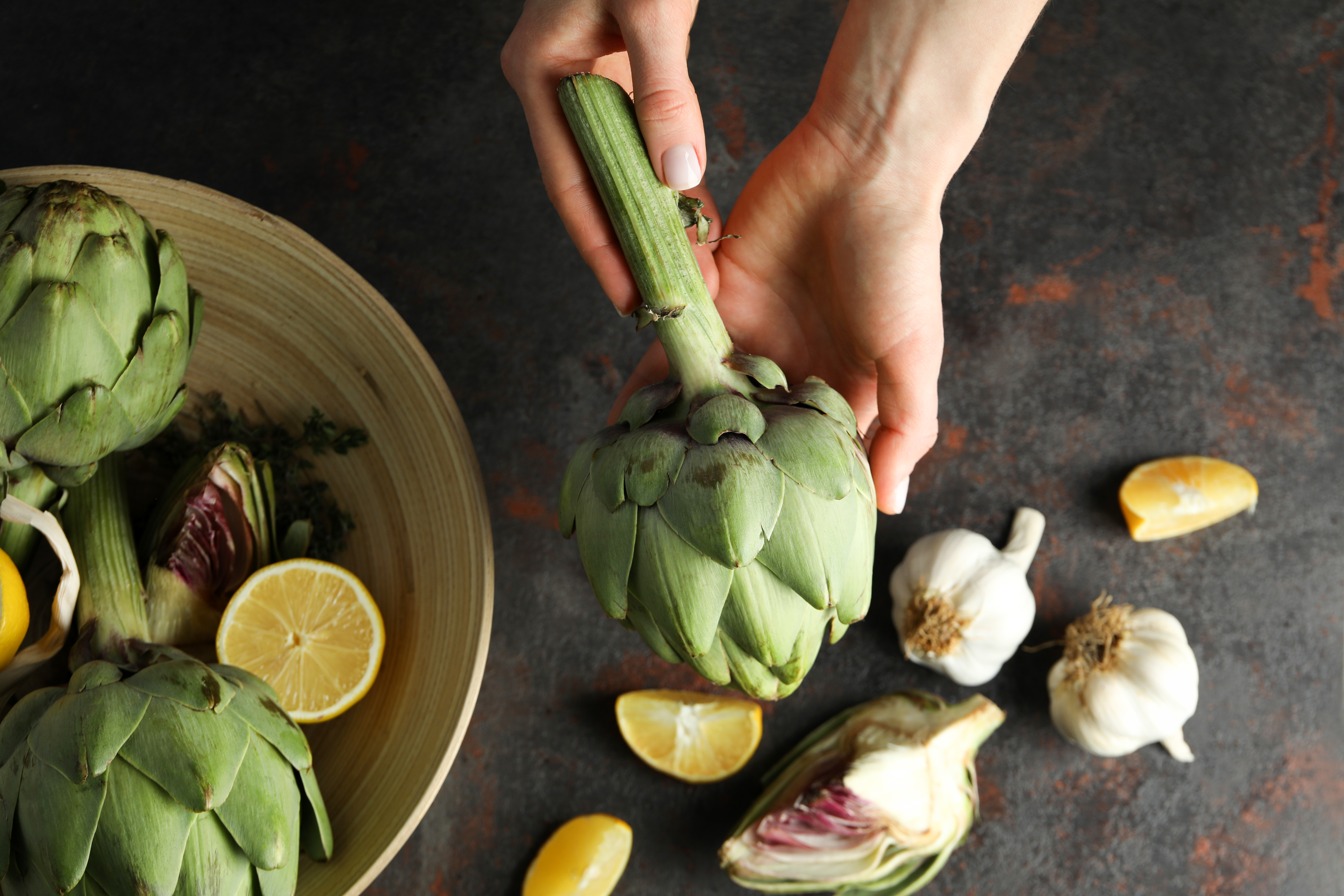
Artichokes are a surprising ally in the fight against high cholesterol. They contain compounds, particularly cynarin, that stimulate the production and flow of bile from the liver to the gallbladder. Bile is essential for the digestion of fats and the removal of cholesterol from the body. By promoting healthy bile flow, artichokes help your body naturally process and excrete excess cholesterol. They are also rich in fiber and antioxidants, further contributing to their heart-protective properties. Steamed, roasted, or grilled, artichokes offer a unique, delicious, and highly effective way to support your liver and keep your cholesterol in check.
21. Lentils: The Pulse for Your Arteries
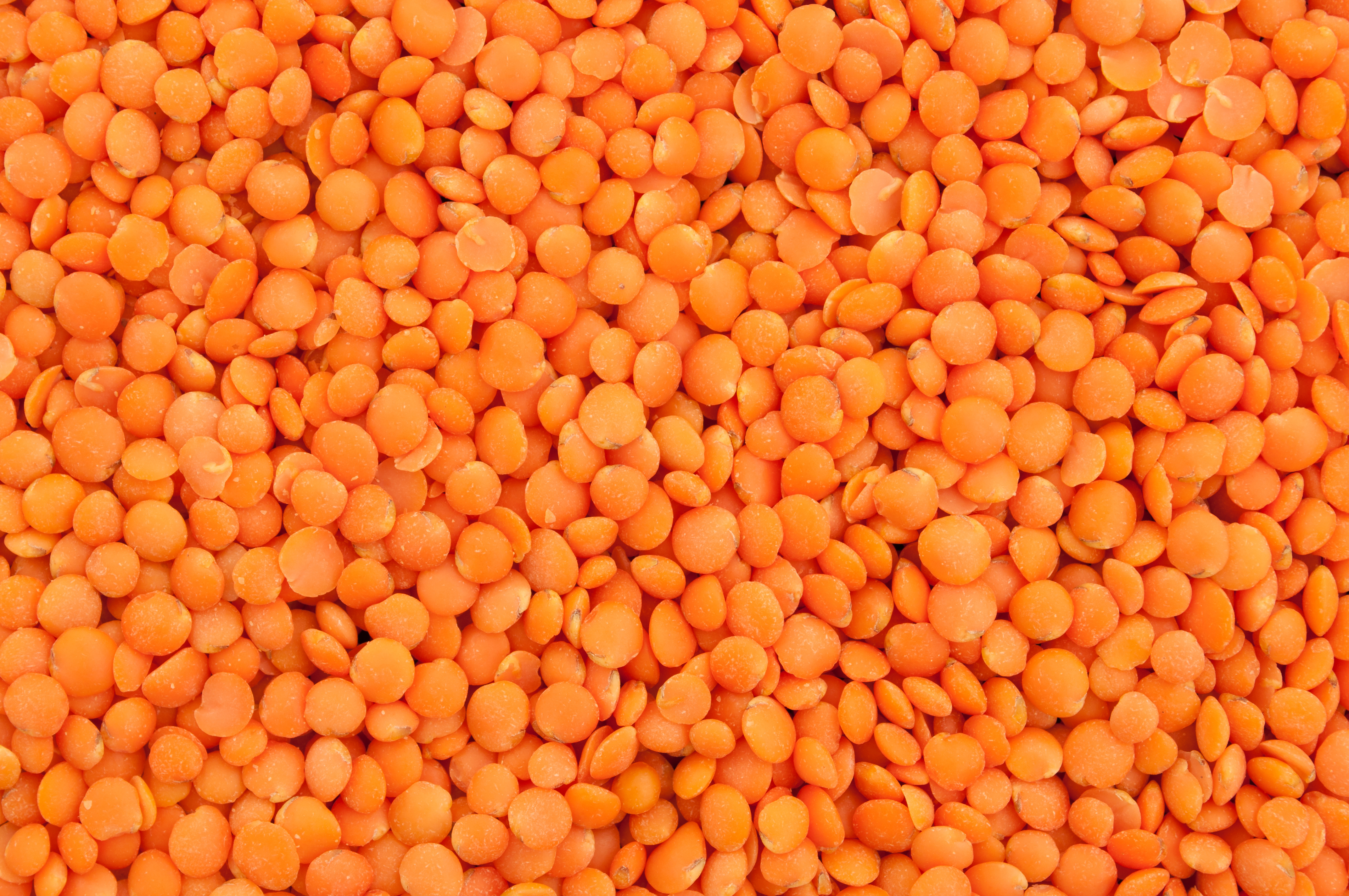
Lentils, a type of legume, are an unassuming hero for heart health. They are packed with soluble fiber, which forms a gel-like substance in your digestive system. This gel traps cholesterol and carries it out of your body before it can be absorbed. Beyond their fiber content, lentils are a fantastic source of plant-based protein and magnesium, which helps relax blood vessels and improve blood flow. They are incredibly versatile, forming the base of hearty soups, stews, and salads. Making lentils a regular part of your diet is a simple, affordable, and effective way to safeguard your heart.
22. Chia Seeds: Tiny Seeds, Huge Impact
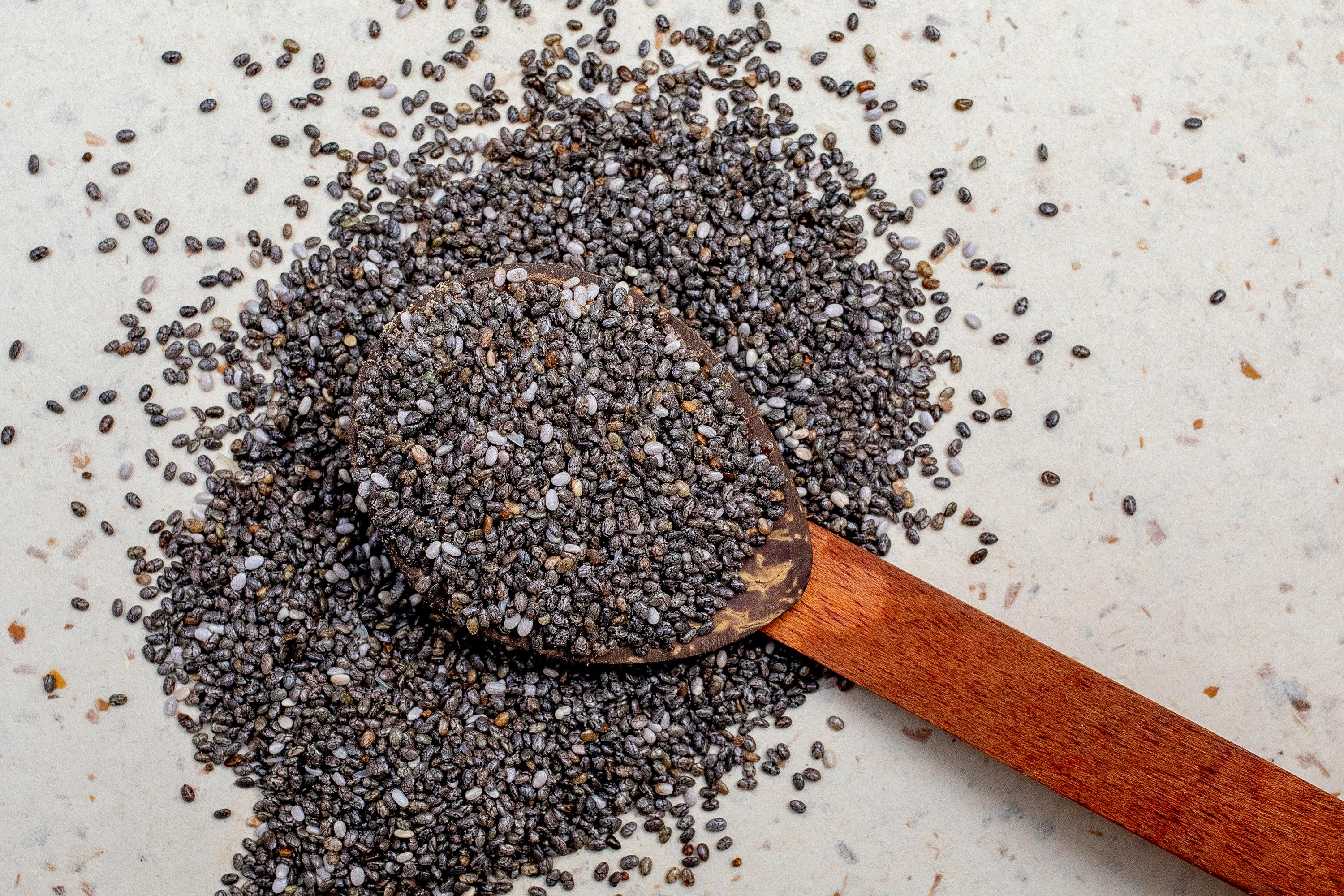
Chia seeds are a tiny but mighty ally in the fight against high cholesterol. They are one of the richest plant-based sources of Omega-3 fatty acids, specifically ALA (alpha-linolenic acid), which is known for its anti-inflammatory properties and its ability to lower triglycerides. When mixed with liquid, chia seeds swell and form a gel that's rich in soluble fiber, helping to bind to cholesterol in the gut. Just a tablespoon or two a day can make a big difference. Add them to smoothies, oatmeal, or a healthy pudding to effortlessly boost your fiber and Omega-3 intake.
23. Quinoa: The Complete Protein with a Mission
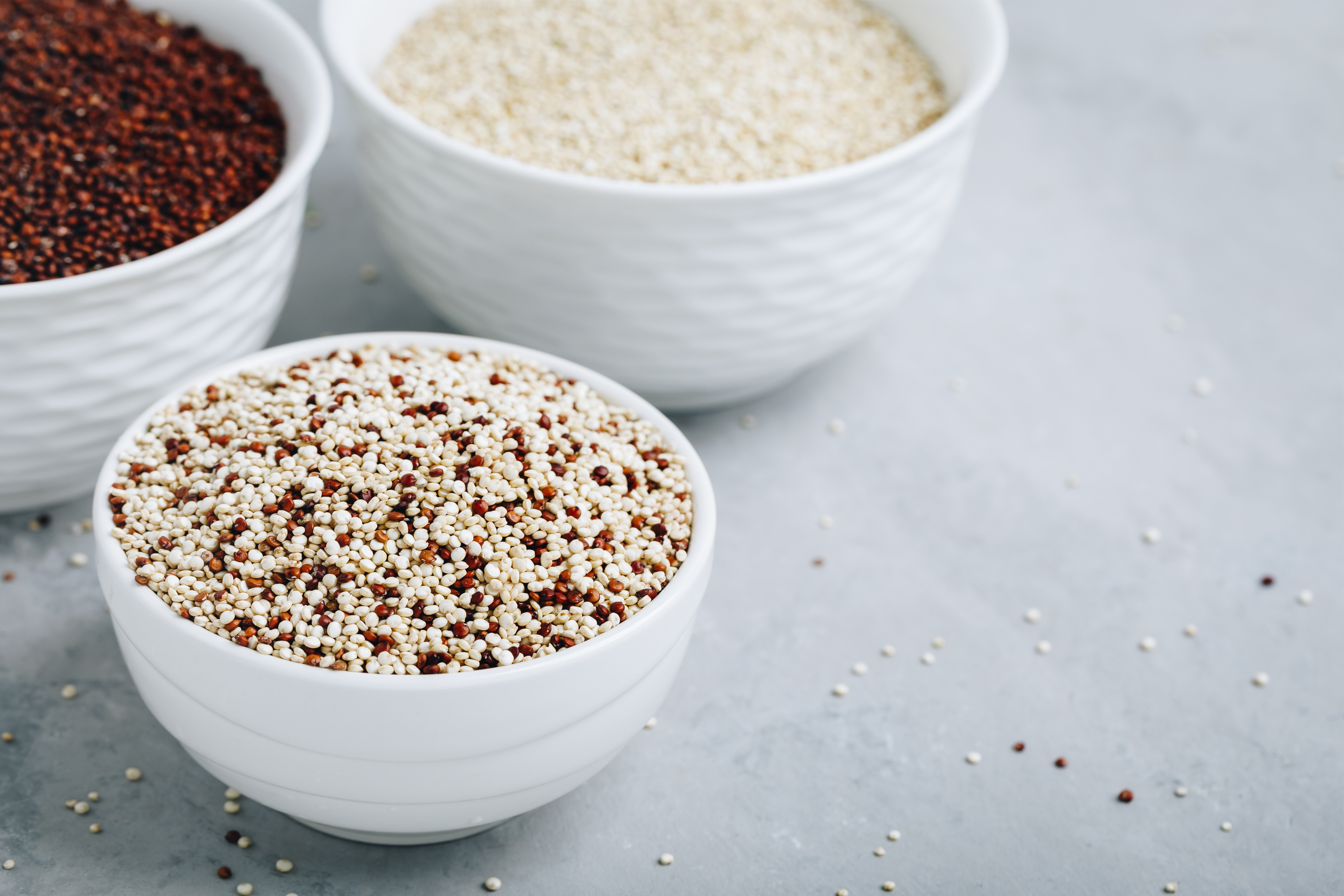
Quinoa, a gluten-free grain, is a powerful food for heart health. It is a complete protein, meaning it contains all nine essential amino acids, which helps with satiety and can reduce the desire for unhealthy foods. More importantly, it contains plant sterols and soluble fiber that work together to lower LDL cholesterol. Its high content of magnesium and potassium also helps regulate blood pressure. Quinoa's mild, nutty flavor makes it a perfect substitute for rice or pasta, serving as a base for salads, a side dish, or a fulfilling breakfast bowl.
24. Cocoa Powder: A Sweet Way to Protect Your Heart
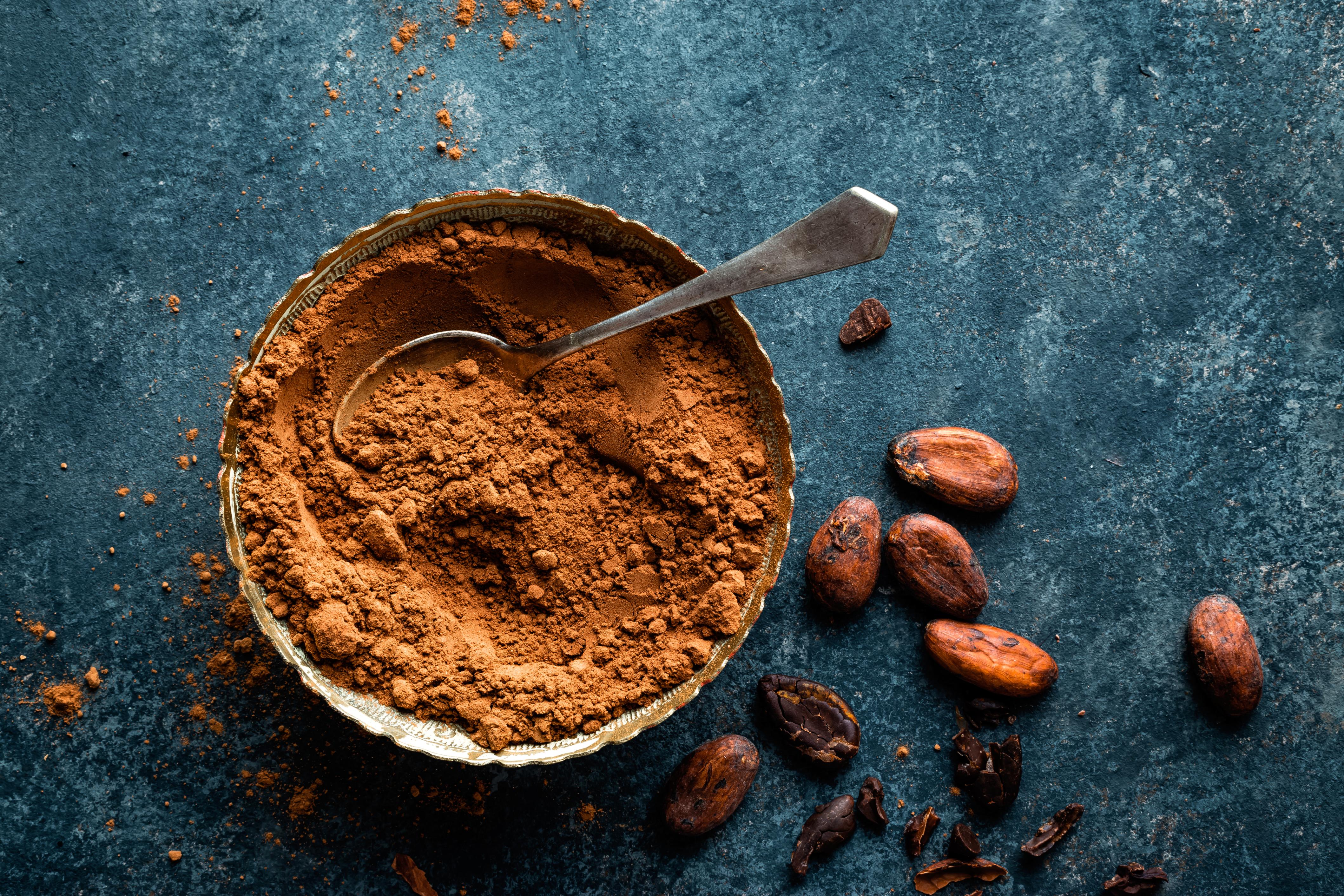
Pure, unsweetened cocoa powder is a delicious and surprising ally for heart health. It's rich in flavanols, a type of antioxidant that helps improve blood flow and lower blood pressure. Studies have shown that flavanols in cocoa can prevent the oxidation of LDL cholesterol, a crucial step in the formation of arterial plaque. To get the benefits, opt for natural, unsweetened cocoa powder and add it to your smoothies, oatmeal, or a homemade hot chocolate. Just a small amount can make a significant difference in your heart health.
25. Psyllium Husk: Nature's Intestinal Broom
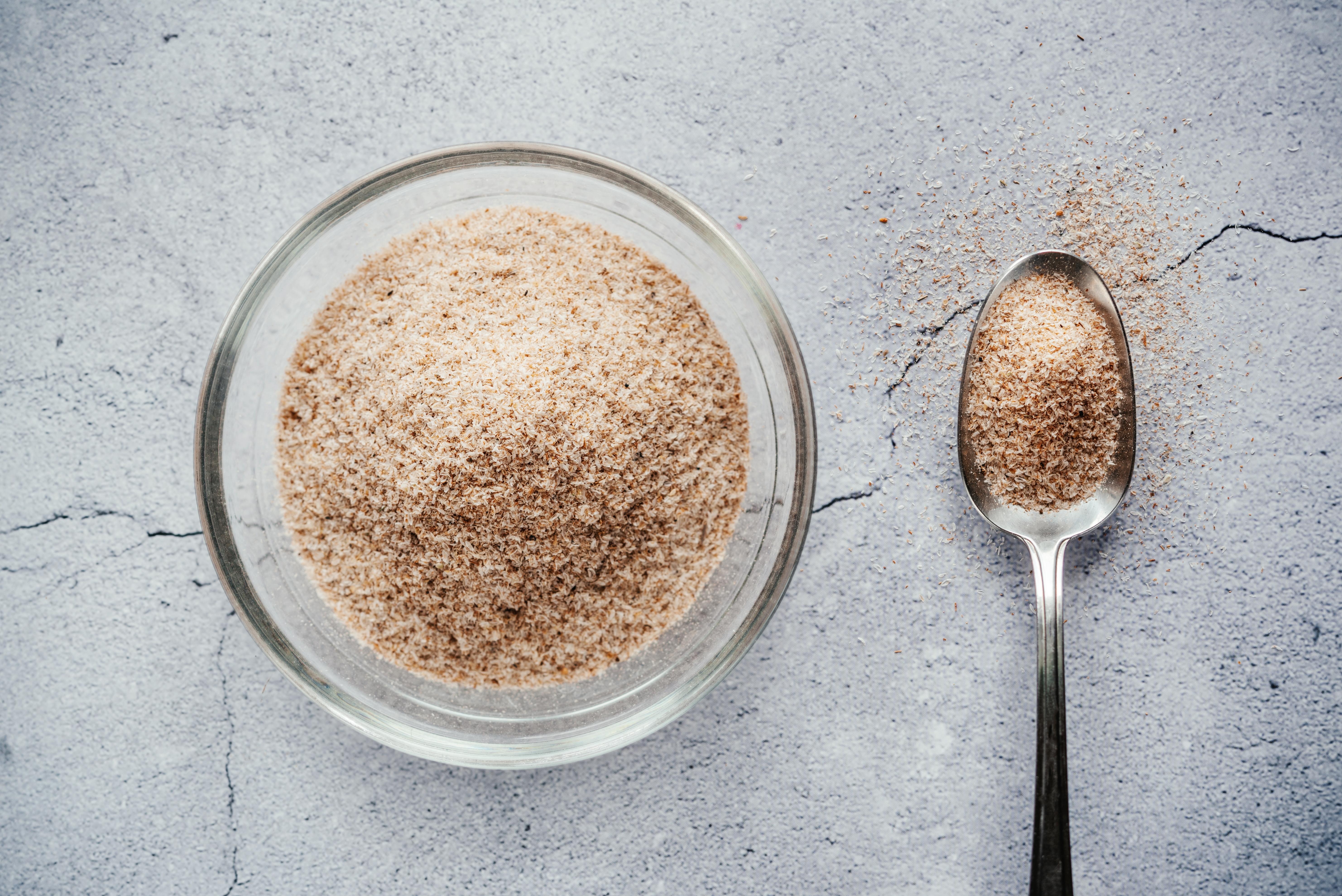
Psyllium husk is a form of soluble fiber derived from the seeds of the Plantago ovata plant. It's a common ingredient in fiber supplements and is a highly effective way to lower cholesterol. When ingested, it absorbs water and forms a thick gel that binds to cholesterol and bile acids in your digestive system. This prevents them from being reabsorbed by the body, forcing the liver to use more cholesterol to produce bile, thus lowering overall blood cholesterol levels. You can easily add a spoonful of psyllium husk powder to water or a smoothie for a simple and powerful cholesterol-lowering boost.
26. Nutritional Yeast: The Savory Heart Saver
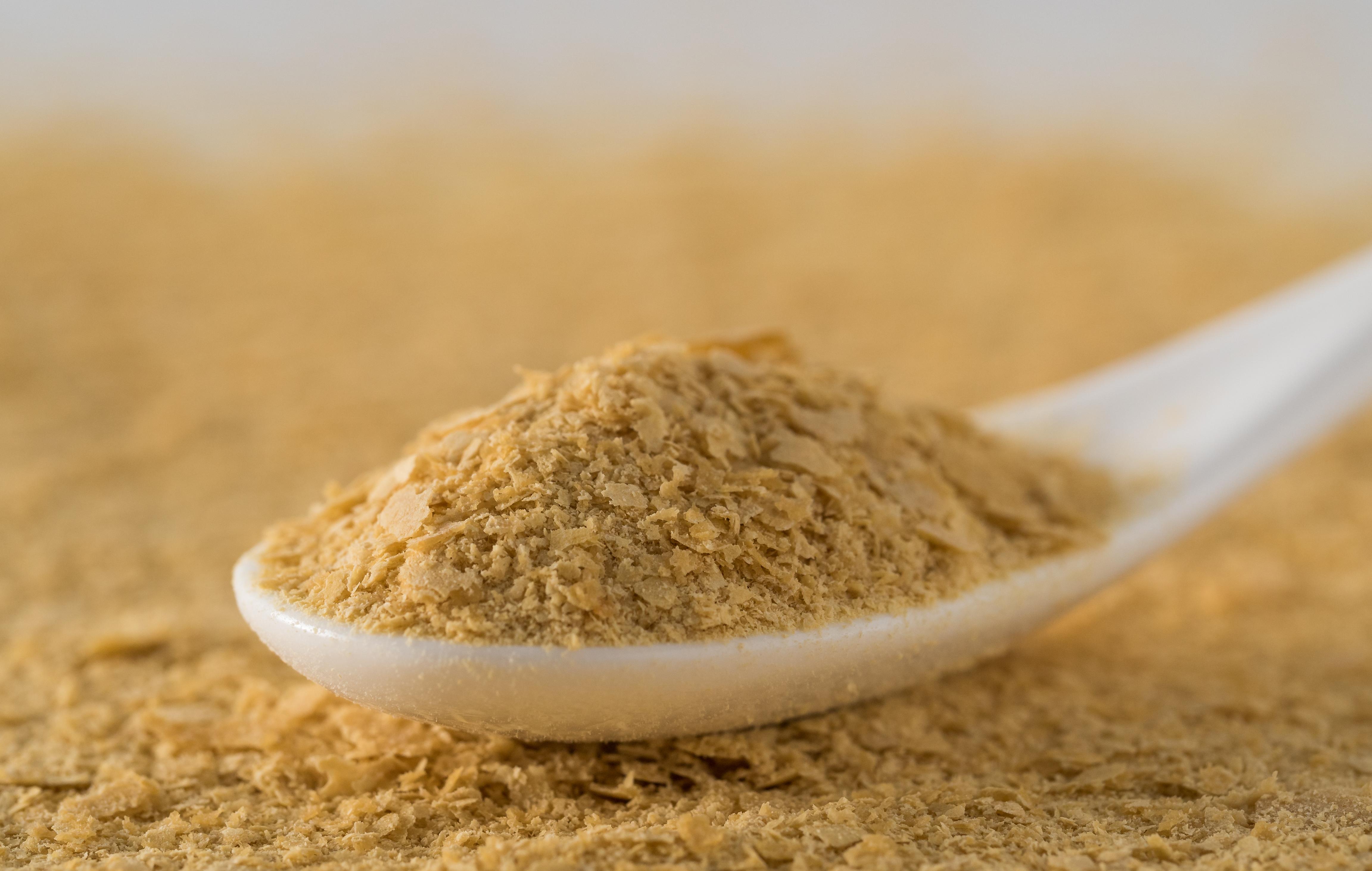
Nutritional yeast, a deactivated yeast sold as flakes or powder, is a savory, nutty seasoning that’s a surprising ally in heart health. It is a source of beta-glucans, the same soluble fiber found in oats that is so effective at lowering LDL cholesterol. Nutritional yeast also provides B vitamins, which are crucial for a healthy metabolism and can reduce homocysteine levels—a risk factor for heart disease. Its cheesy flavor makes it a perfect vegan substitute for Parmesan cheese on pasta, popcorn, or roasted vegetables. By adding a spoonful to your meals, you’re not only boosting flavor but also adding a hidden layer of cholesterol protection.
27. Sprouted Mung Beans: The Gut-Friendly Cholesterol Regulator
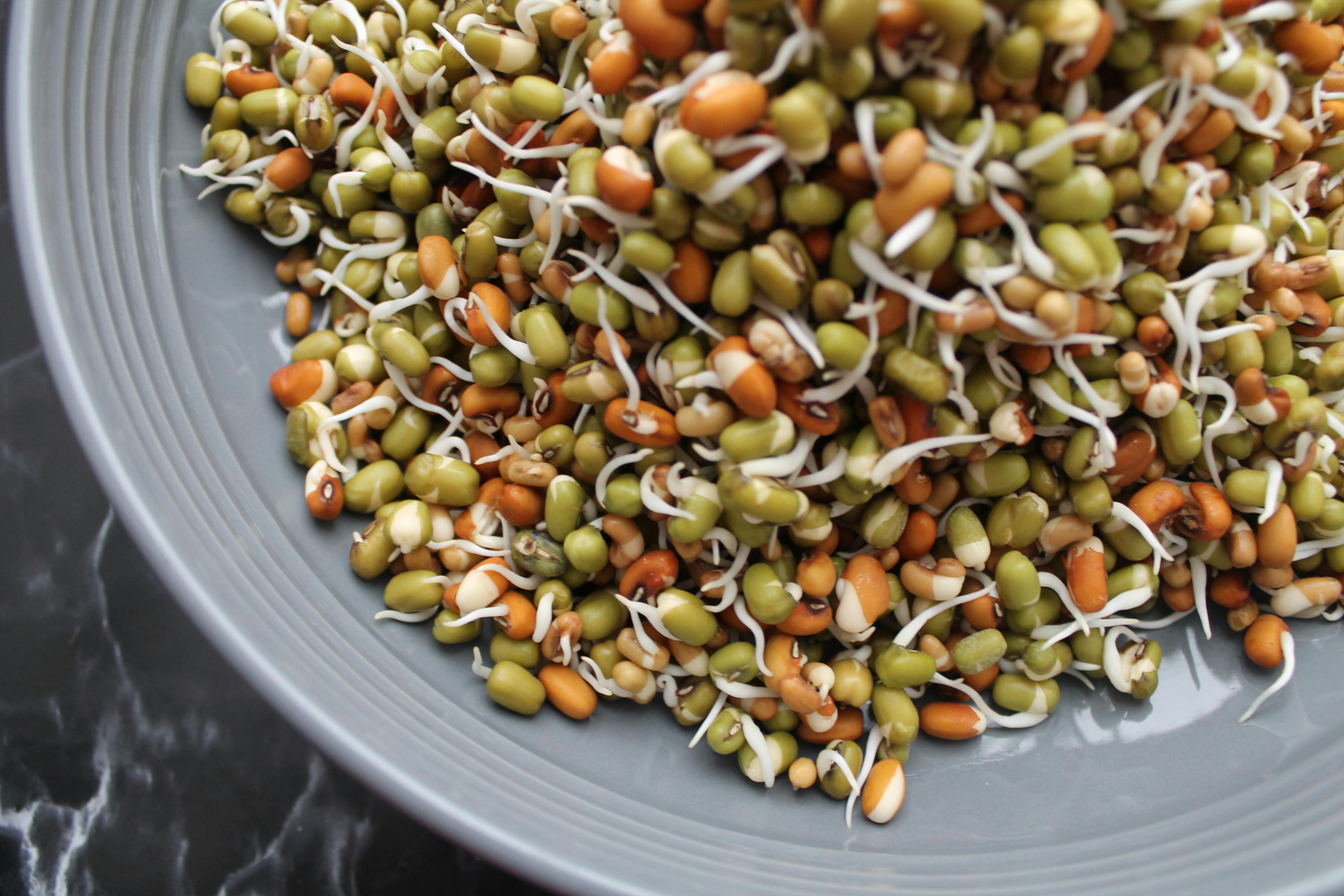
Sprouted mung beans are a powerful and unique addition to a heart-healthy diet. The sprouting process enhances their nutritional profile, making their soluble fiber more bioavailable. This fiber acts like a sponge, binding to cholesterol in the gut and preventing its absorption. But their true strength lies in their ability to support a healthy gut microbiome, which is now understood to play a critical role in regulating cholesterol metabolism. A balanced gut can influence how your body produces and processes cholesterol. You can add sprouted mung beans to salads, stir-fries, or eat them raw as a crunchy snack.
28. Shiitake Mushrooms: The Liver’s Best Friend
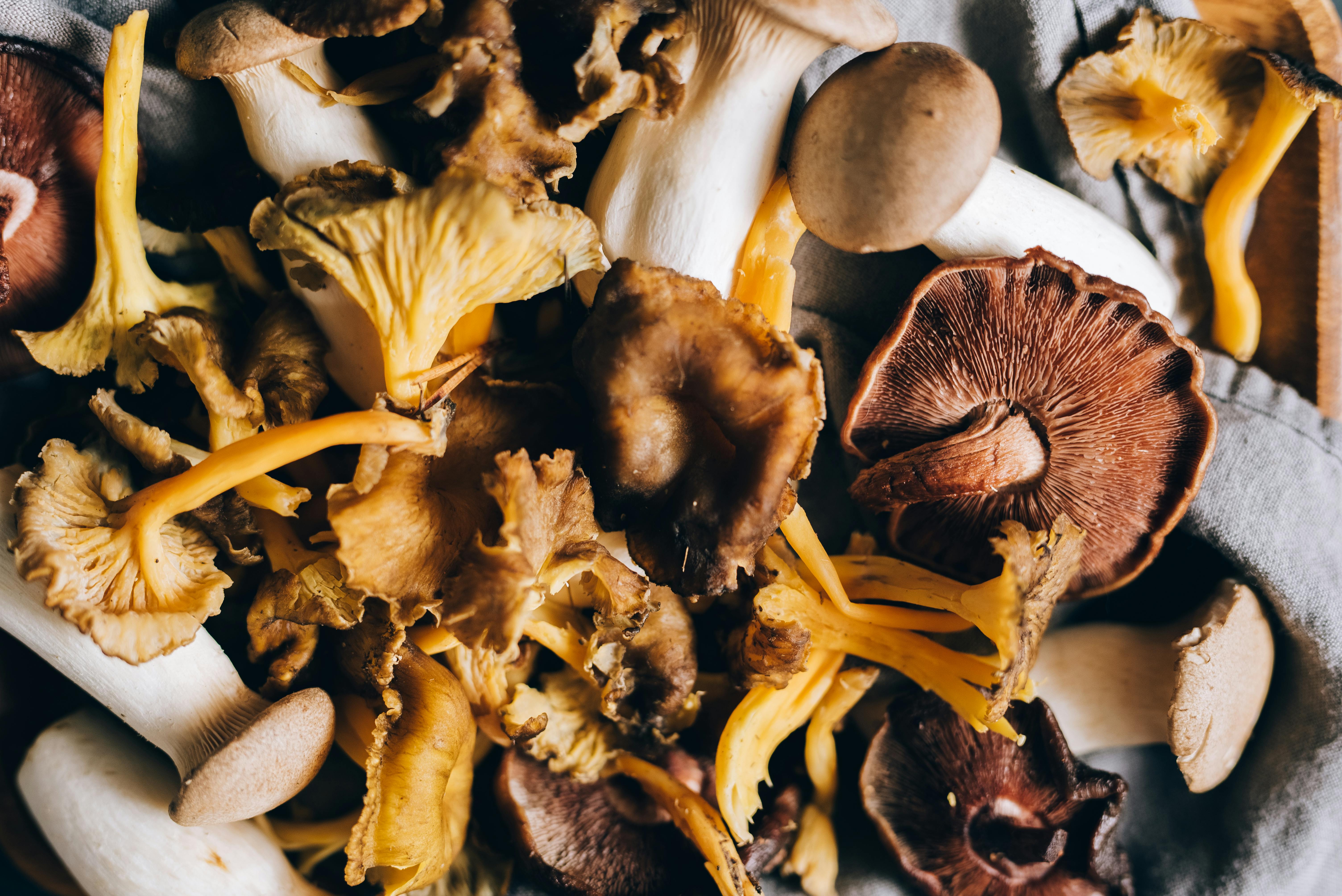
Shiitake mushrooms are a culinary delight with a secret superpower: they protect your liver, which is the organ responsible for producing cholesterol. These mushrooms contain a compound called eritadenine that helps lower cholesterol by inhibiting its production in the liver. Additionally, they are rich in sterols, which can also block cholesterol absorption. By consuming shiitake mushrooms, you are not only adding a rich, umami flavor to your dishes but also directly supporting your liver’s ability to manage cholesterol. Sauté them with garlic and greens, or add them to soups and stews for a deep flavor and a powerful health boost.
29. Eggplant: The Saponin Scavenger

Eggplant, with its unique texture and mild flavor, is a powerful food for lowering cholesterol due to its high content of soluble fiber and saponins. Saponins are natural compounds that have been shown to bind with bile acids, which are made from cholesterol, in the digestive system. This binding action prevents the reabsorption of cholesterol and encourages its excretion from the body. . This makes eggplant an excellent “scavenger” for excess cholesterol. Whether you grill it, roast it, or incorporate it into a delicious ratatouille, eggplant is a versatile way to add a potent cholesterol-lowering food to your diet.
30. Barley: The Beta-Glucan Overachiever
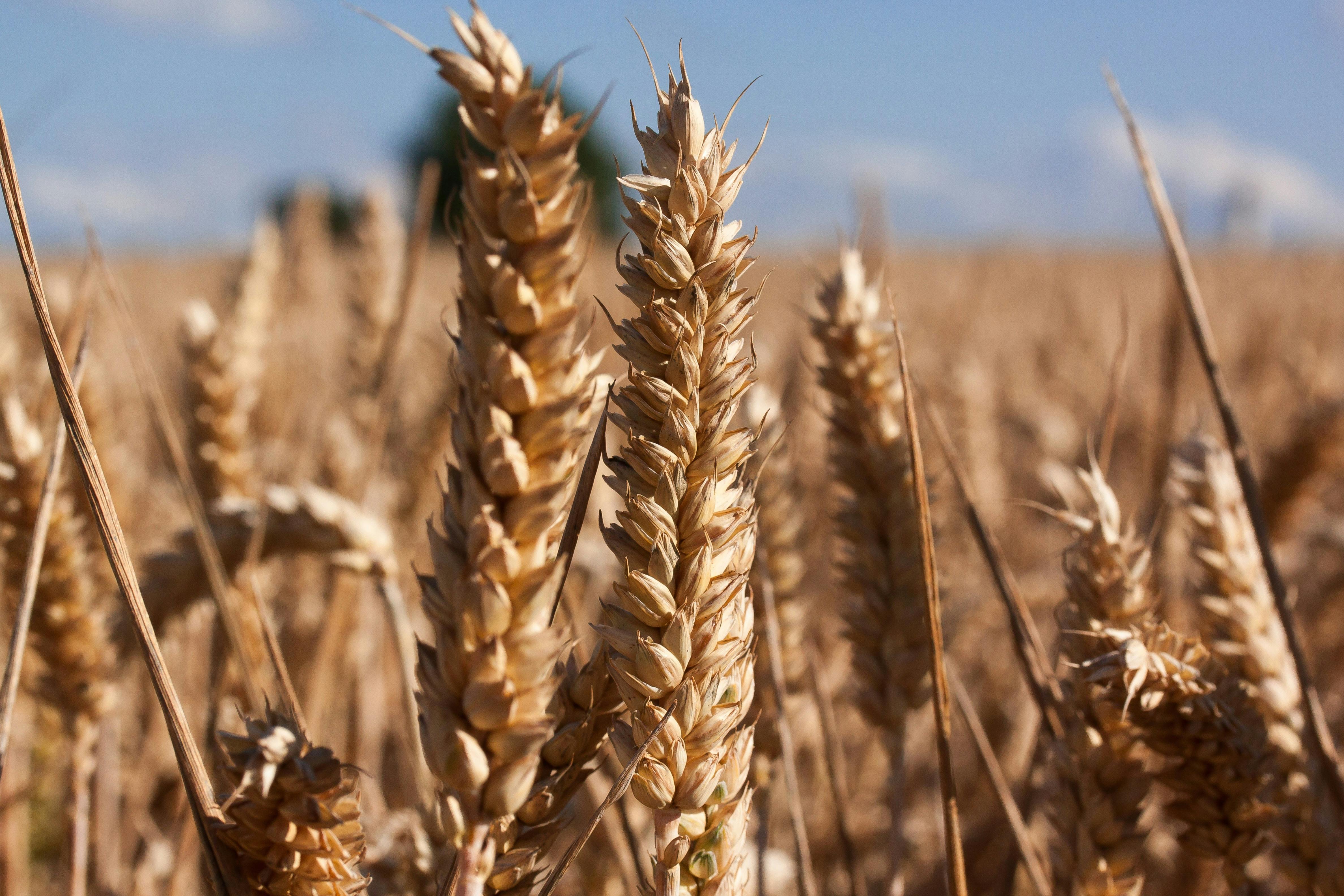
While your list mentions whole grains, barley deserves its own specific entry for its impressive soluble fiber content. This ancient grain is a standout because of its exceptionally high concentration of beta-glucan, even more so than oats. When beta-glucan enters your digestive system, it forms a viscous gel that traps cholesterol-rich bile acids and carries them out of the body. Including barley in your diet can be as simple as swapping brown rice for barley in a pilaf, adding it to a hearty soup, or making a warm breakfast bowl. This simple switch can provide a major boost to your cholesterol-lowering efforts.
31. Carrots: The Beta-Carotene Boost
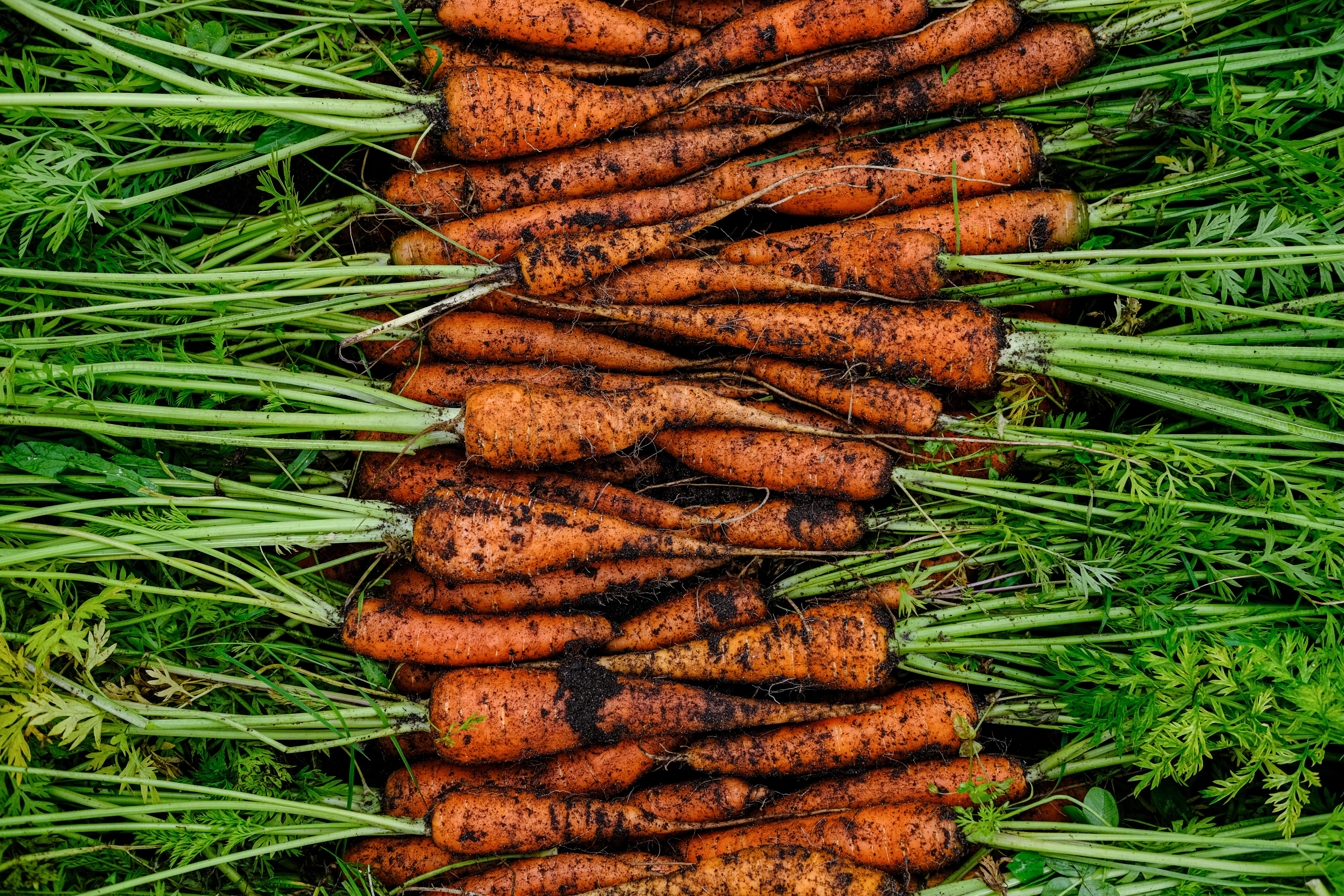
Carrots are a surprisingly powerful ally in the fight against high cholesterol. They are an excellent source of soluble fiber, which acts like a sponge in your digestive system, binding to cholesterol and carrying it out of your body. Beyond their fiber content, carrots are packed with beta-carotene, an antioxidant that helps protect against cellular damage and inflammation, which are key factors in heart disease. Enjoy them raw as a crunchy snack, roast them as a side dish, or shred them into salads for a simple, delicious, and effective way to lower your cholesterol.
32. Onions: The Flavonoid Powerhouse

Onions are more than just a flavor base for your meals; they are rich in quercetin, a powerful flavonoid with significant anti-inflammatory and cholesterol-lowering properties. Studies have shown that quercetin can help improve blood vessel function and reduce the risk of heart disease. Onions also contain a variety of sulfur compounds that help to lower LDL cholesterol and support overall cardiovascular health. Whether you enjoy them raw in salads, sautéed in stir-fries, or caramelized for a rich flavor, onions are a versatile and heart-healthy addition to your diet.
33. Spirulina: The Algae Superfood
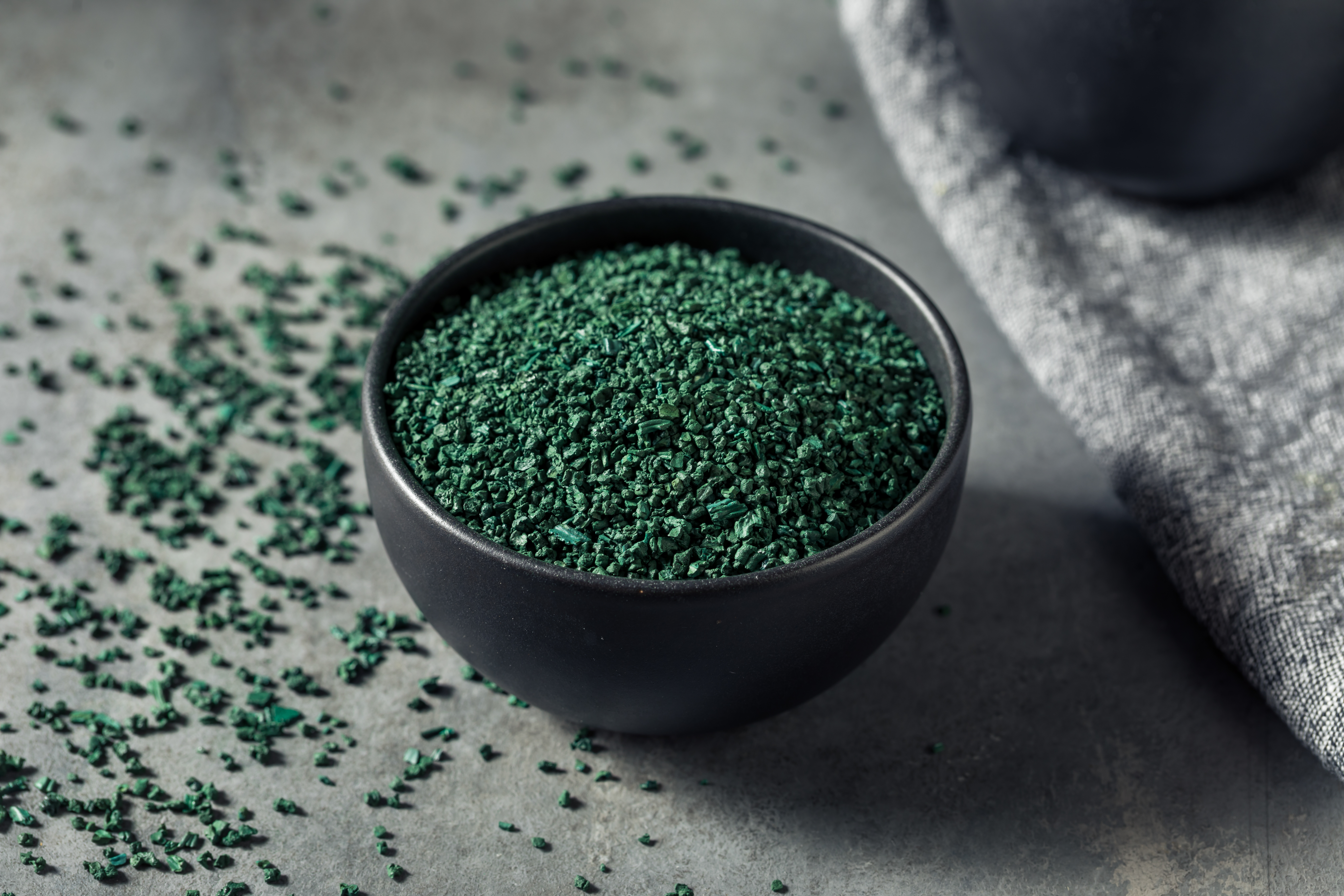
Spirulina, a blue-green algae, is a nutrient-dense food that offers a unique approach to managing cholesterol. It is exceptionally rich in phycocyanin, a potent antioxidant that has been shown to reduce inflammation and oxidative stress. Studies suggest that regular consumption of spirulina can help lower LDL cholesterol and triglycerides. As a complete protein and a great source of vitamins and minerals, spirulina helps protect your body's cells and can be easily added to your smoothies, juices, or even savory dishes for a powerful and unexpected health boost.
34. Cabbage: The Fermented Gut Ally

While the list mentions other cruciferous vegetables, cabbage offers a unique benefit, especially when fermented. As sauerkraut or kimchi, cabbage becomes a potent source of probiotics, which are beneficial bacteria that support a healthy gut microbiome. A balanced gut is crucial for regulating cholesterol metabolism and reducing inflammation. Additionally, cabbage is rich in soluble fiber, which helps to bind cholesterol and carry it out of the body. Adding fermented cabbage to your meals is a delicious way to support your gut, and in turn, your heart.
35. Fenugreek: The Seed of Soluble Fiber
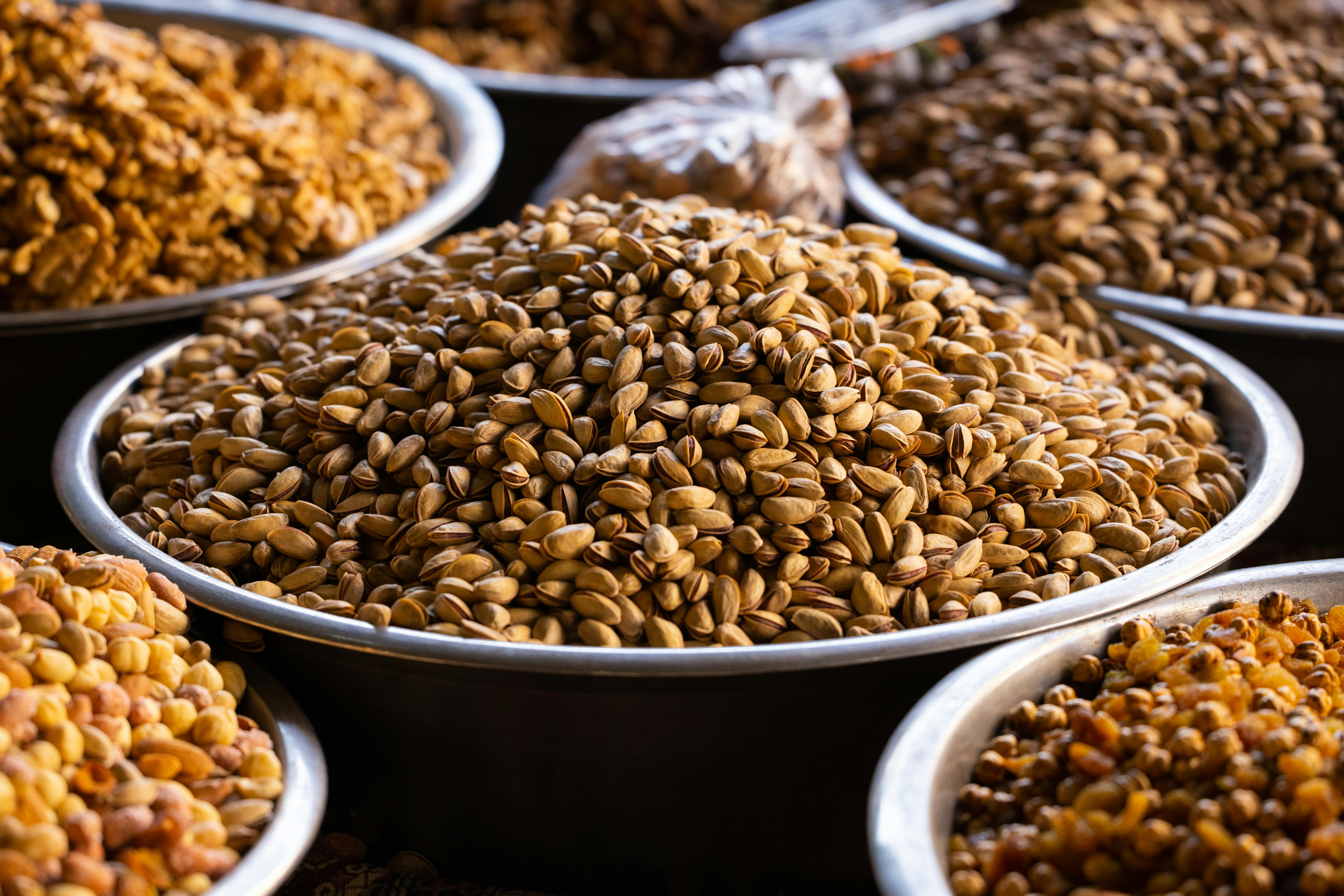
Fenugreek, a staple in many cuisines, is a powerful seed that has been used for centuries for its medicinal properties. It is exceptionally rich in galactomannan, a type of soluble fiber that helps to slow down the absorption of cholesterol in the intestines. Studies have shown that regular consumption of fenugreek seeds can lead to a significant reduction in both total and LDL cholesterol levels. Fenugreek seeds can be soaked in water, sprouted, or ground and added to your meals, offering a potent and effective way to support a heart-healthy lifestyle.
36. Jicama: The Crunchy Prebiotic
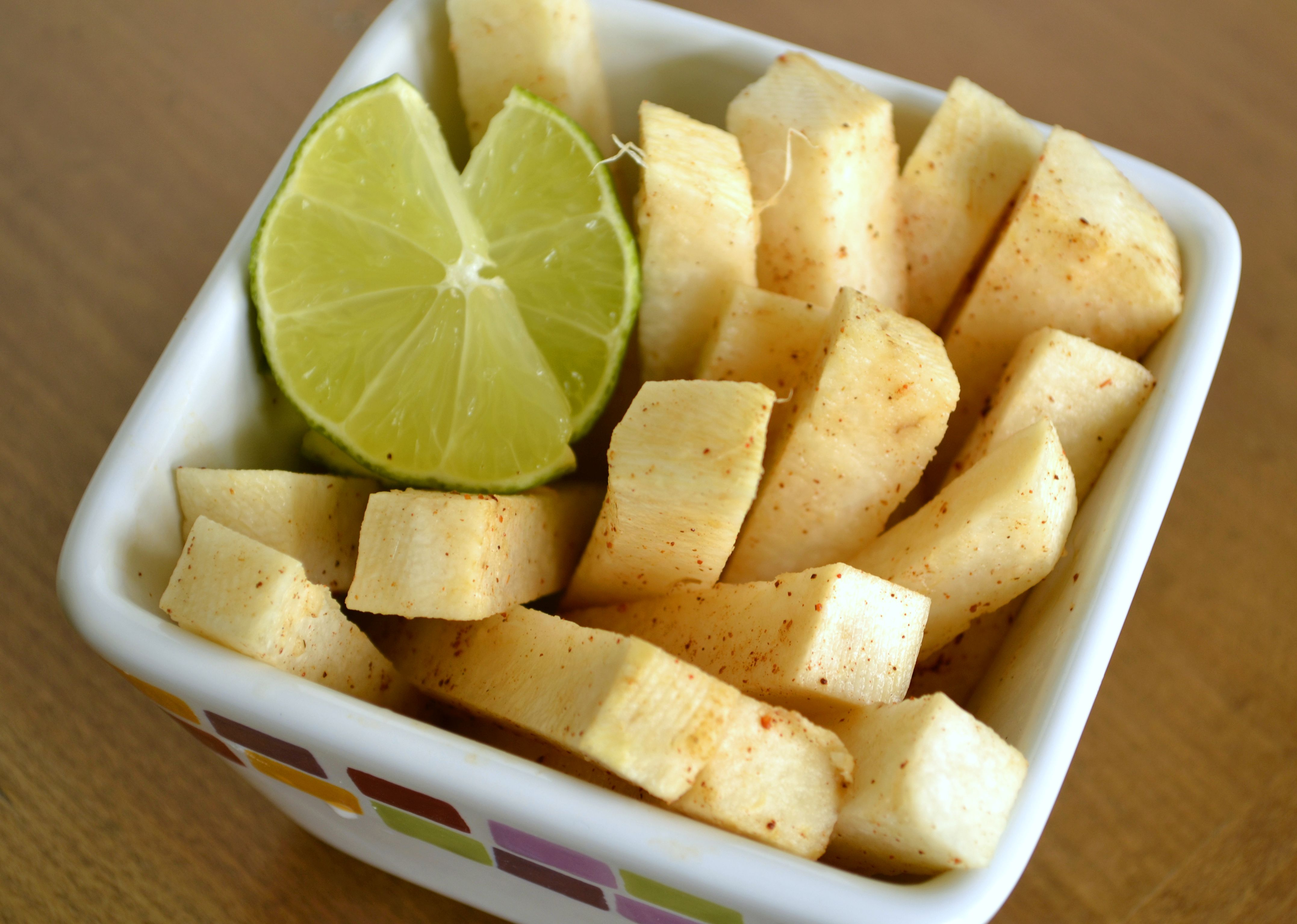
Jicama, a crisp and refreshing root vegetable, is an excellent but often overlooked food for heart health. Its primary benefit comes from its incredibly high content of inulin, a prebiotic fiber that feeds the beneficial bacteria in your gut. A healthy gut microbiome is now known to play a crucial role in cholesterol metabolism and inflammation. By nourishing your gut, jicama helps your body naturally regulate cholesterol and reduce systemic inflammation. Enjoy it sliced in salads, as a crunchy raw snack with a squeeze of lime, or in a vibrant slaw to add a unique texture and flavor to your meals.
37. Teff: The Ancient Grain Heart Protector
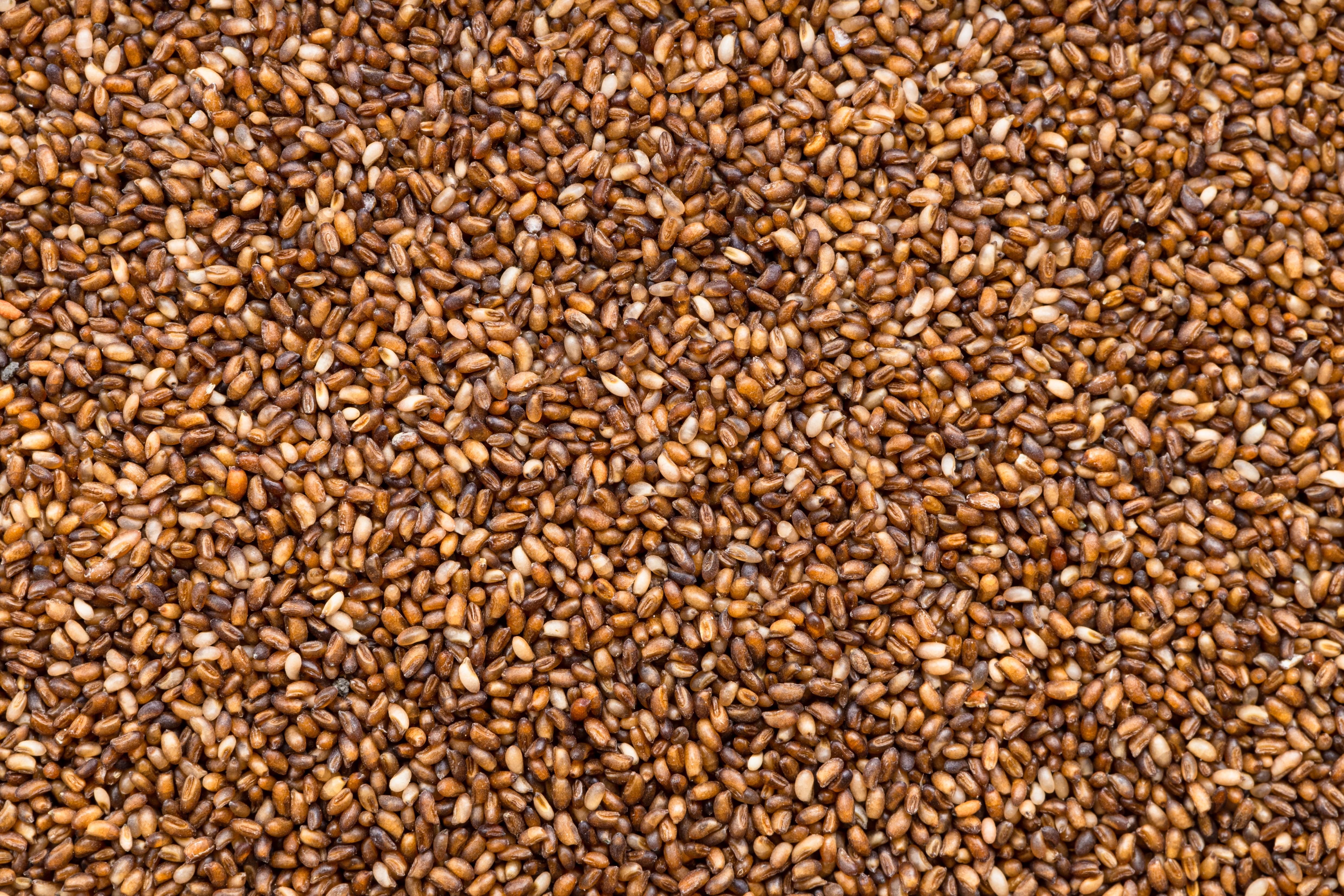
Teff, a tiny but mighty ancient grain from Ethiopia, is a nutritional powerhouse that is not on your list. This gluten-free grain is packed with soluble fiber, which, like oats, binds to cholesterol in the digestive system and helps flush it out of your body. Teff is also an exceptional source of magnesium and potassium, two minerals that are essential for maintaining healthy blood pressure and a strong heart rhythm. Its mild, molasses-like flavor makes it a perfect base for porridge, a thickener for stews, or a nutritious flour for baking.
38. Celery: The Blood Vessel Relaxer

Often seen as a simple, crunchy snack, celery holds a secret weapon against high cholesterol and blood pressure: phthalides. These plant compounds help to relax the muscles around your arteries, leading to improved blood flow and reduced blood pressure. By promoting better circulation, celery helps reduce the strain on your cardiovascular system. Celery is also a good source of soluble fiber, which helps bind to cholesterol. Enjoy it as a snack with a healthy dip, or add it to soups, salads, and stir-fries for a refreshing crunch and a powerful boost of heart-healthy compounds.
39. Sweet Potatoes: The Soluble Fiber Sweet Spot

While many vegetables on your list are great for heart health, sweet potatoes offer a unique and delicious benefit. They are an excellent source of soluble fiber, particularly pectin, which helps to lower LDL cholesterol by binding to it in the digestive tract. Beyond their fiber content, sweet potatoes are rich in beta-carotene, a powerful antioxidant that helps protect against cellular damage and inflammation, which are key factors in heart disease. Whether roasted, mashed, or blended into a creamy soup, sweet potatoes are a versatile and satisfying way to support your heart.
40. Hemp Seeds: The Perfectly Balanced Omega Source
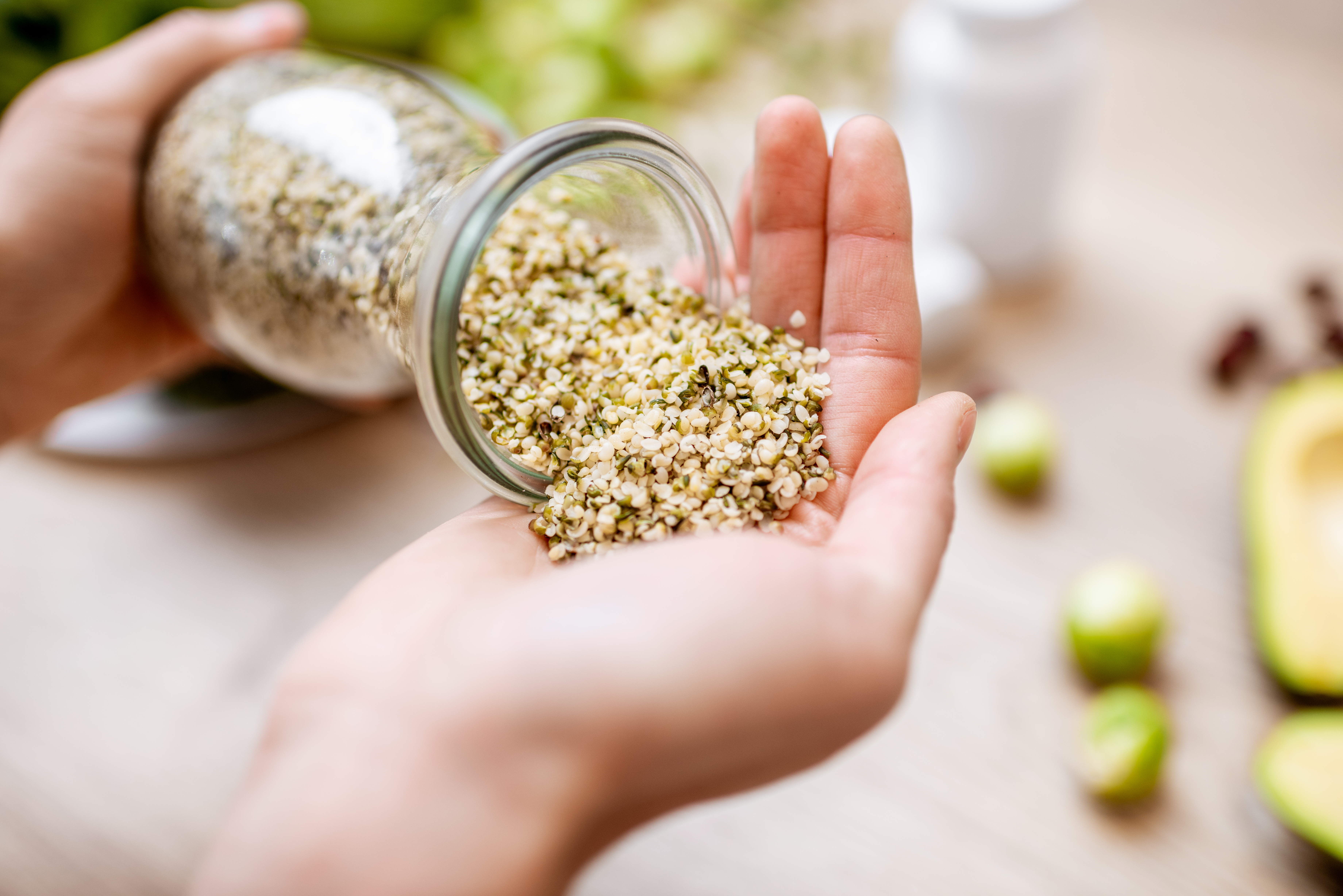
Hemp seeds offer a distinct advantage with their ideal ratio of omega-3 to omega-6 fatty acids. This balance is crucial for fighting inflammation, as it helps your body maintain a healthy equilibrium. Hemp seeds are also a complete protein, meaning they contain all nine essential amino acids, which is key for muscle repair and satiety. Their mild, nutty flavor blends seamlessly into any smoothie or can be sprinkled over salads and oatmeal. By adding a spoonful of hemp seeds, you're getting a perfectly balanced nutrient boost that actively works to reduce inflammation and protect your heart.
41. Arugula: The Nitric Oxide Enhancer
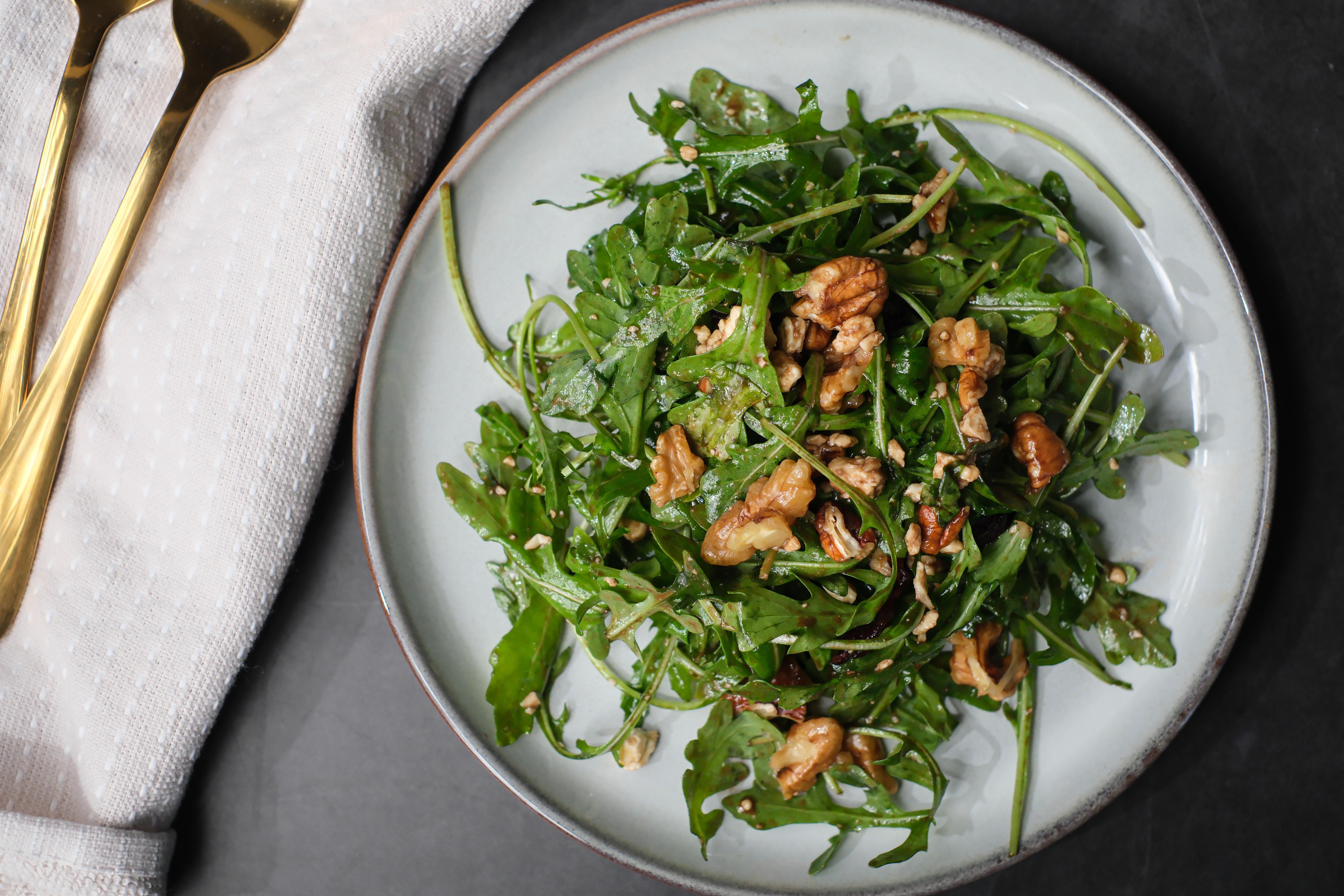
Arugula, a peppery leafy green, is an often-overlooked hero in the fight for heart health. It's rich in nitrates, which your body converts into nitric oxide. This powerful molecule helps relax and widen blood vessels, which improves blood flow and can lead to a natural reduction in blood pressure. Beyond its blood-vessel-widening effects, arugula is also a good source of fiber and potassium, two nutrients that are key players in maintaining a healthy cardiovascular system. A simple way to incorporate this pungent green is by adding it to salads, topping your pizza with it after it's baked, or blending it into a pesto for a spicy kick.
42. Endive: The Inulin Prebiotic
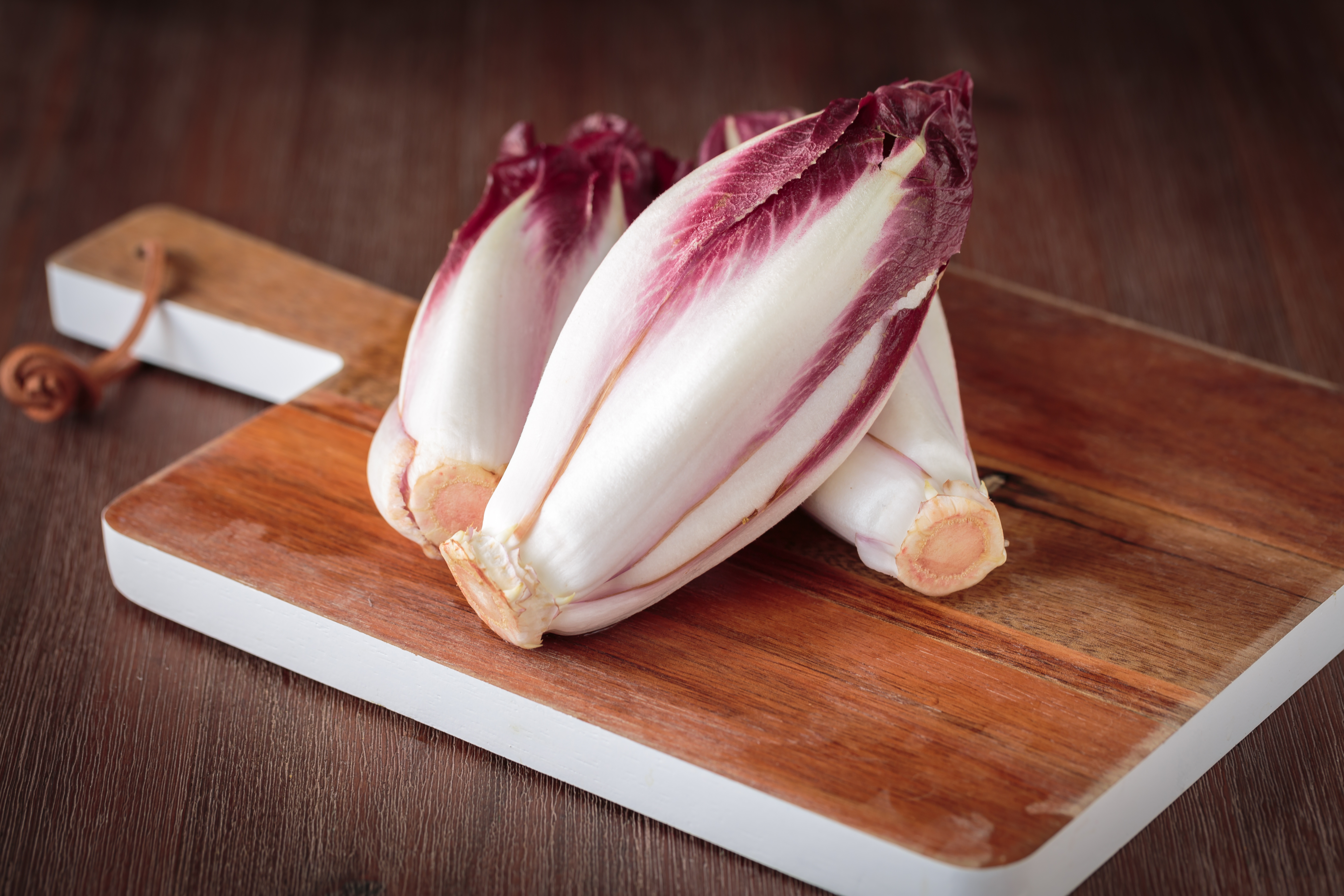
Endive, with its crisp, slightly bitter leaves, is more than a simple salad green. Its power comes from its high concentration of inulin, a type of soluble fiber that acts as a prebiotic. This means it feeds the beneficial bacteria in your gut, which, in turn, helps to produce short-chain fatty acids. These fatty acids have been shown to help regulate cholesterol metabolism and reduce inflammation. Endive is also rich in potassium and Vitamin K, both of which are crucial for maintaining healthy blood pressure and proper blood clotting. Use its leaves as a natural "scoop" for dips or chop it into salads for a refreshing, gut-friendly crunch.
43. Asparagus: The Glutathione Generator
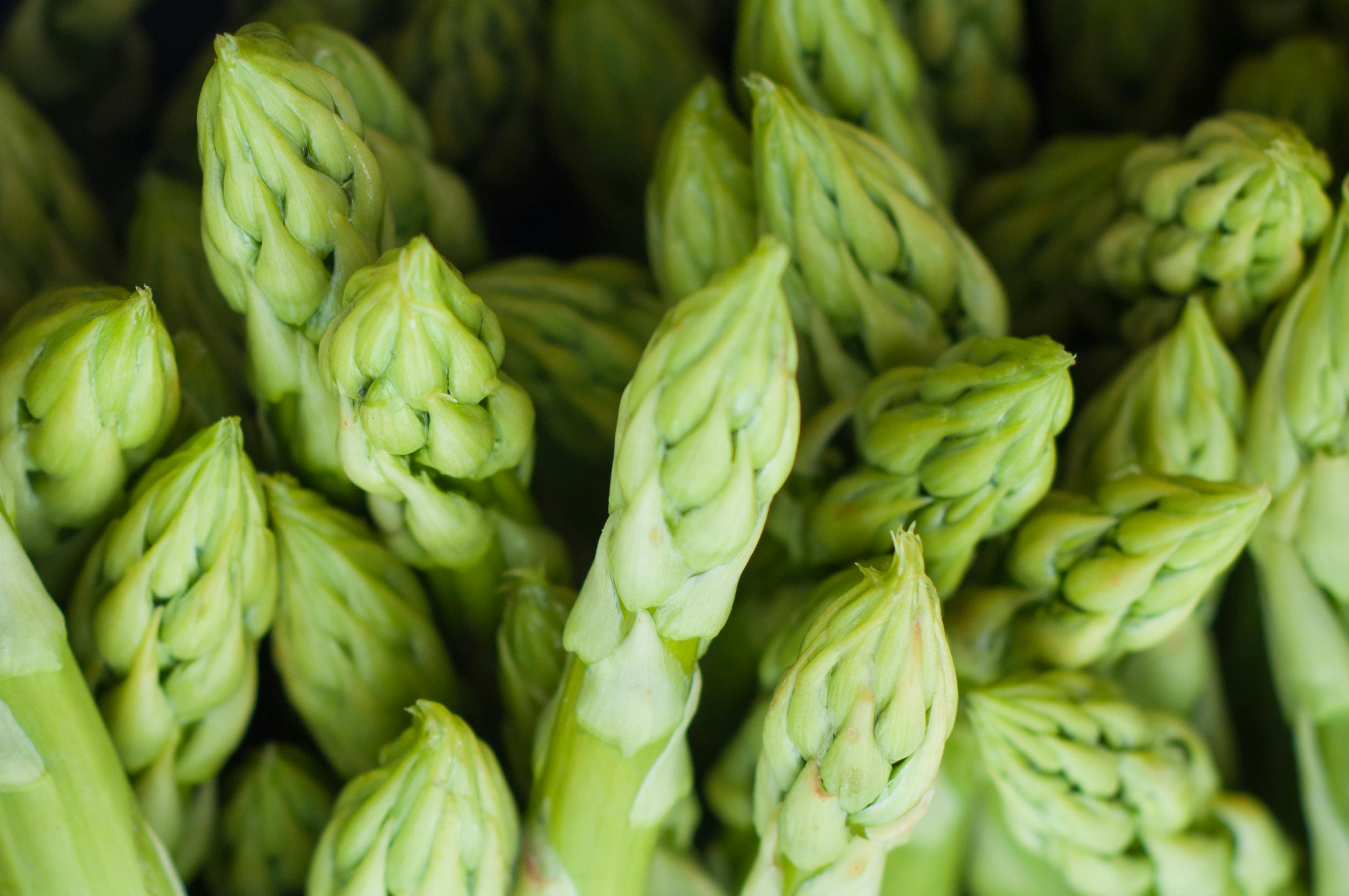
Asparagus is a delicious and nutrient-packed vegetable that works wonders for your heart. It's a fantastic source of glutathione, a powerful antioxidant that helps protect your cells from oxidative stress and inflammation, two key drivers of heart disease. Asparagus is also high in soluble fiber, which binds to cholesterol in your digestive system and helps remove it from your body before it can be absorbed. It's also a natural diuretic, meaning it can help your body get rid of excess fluid and sodium, further contributing to lower blood pressure. Simply roasting or steaming this versatile vegetable makes it a quick and effective addition to any meal.
44. White Beans: The Resistant Starch Champions
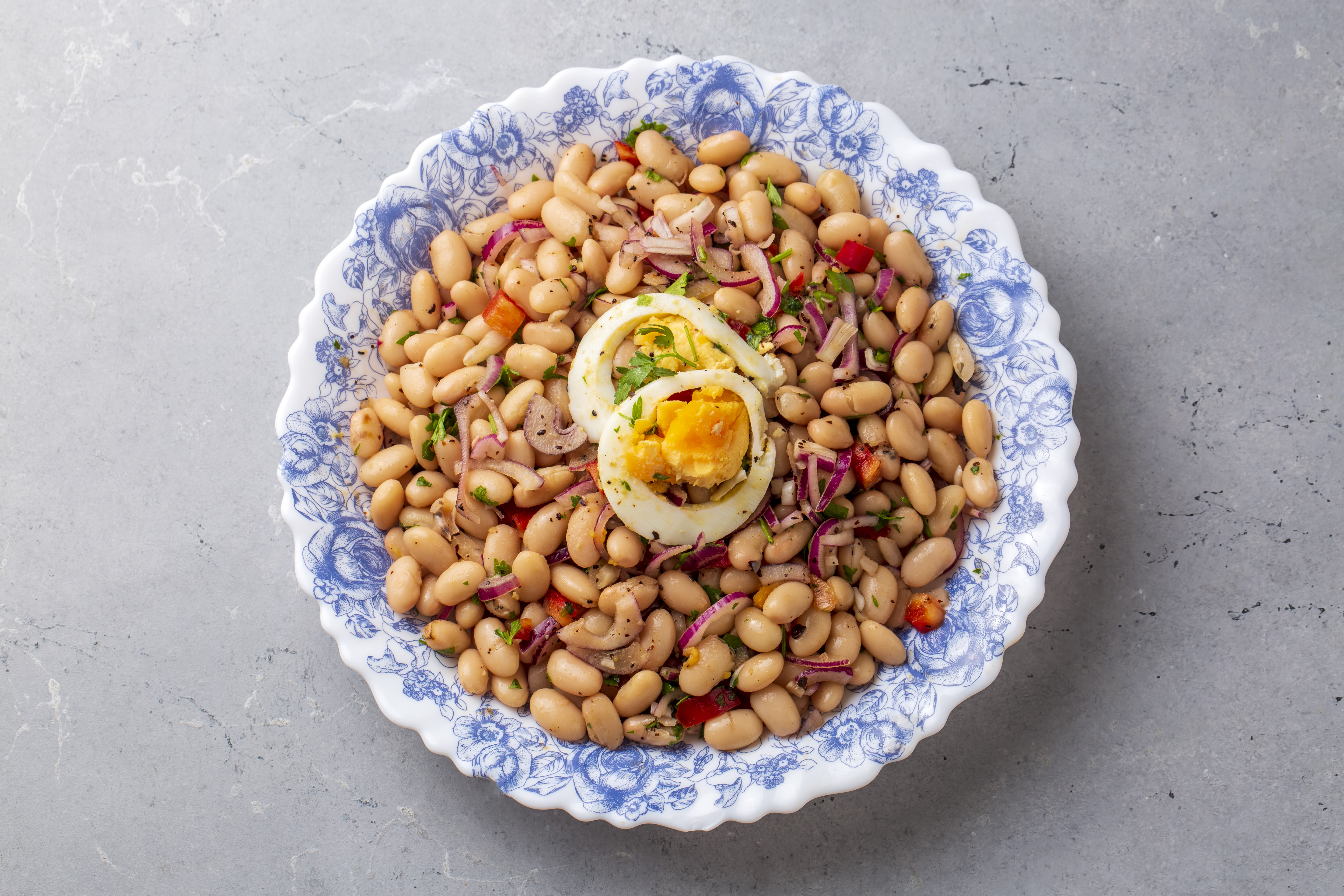
White beans deserve a special mention for their exceptionally high content of resistant starch. This unique type of carbohydrate isn't fully digested in your small intestine. Instead, it travels to your large intestine where it acts like soluble fiber, feeding beneficial gut bacteria and binding to cholesterol. Studies have shown that resistant starch can significantly reduce LDL cholesterol and improve overall gut health, which has a ripple effect on your cardiovascular system. They are incredibly versatile, perfect for making a creamy dip like hummus or adding to soups and stews for a satisfying, heart-healthy boost.
45. Watercress: The Phenolic Compound Powerhouse
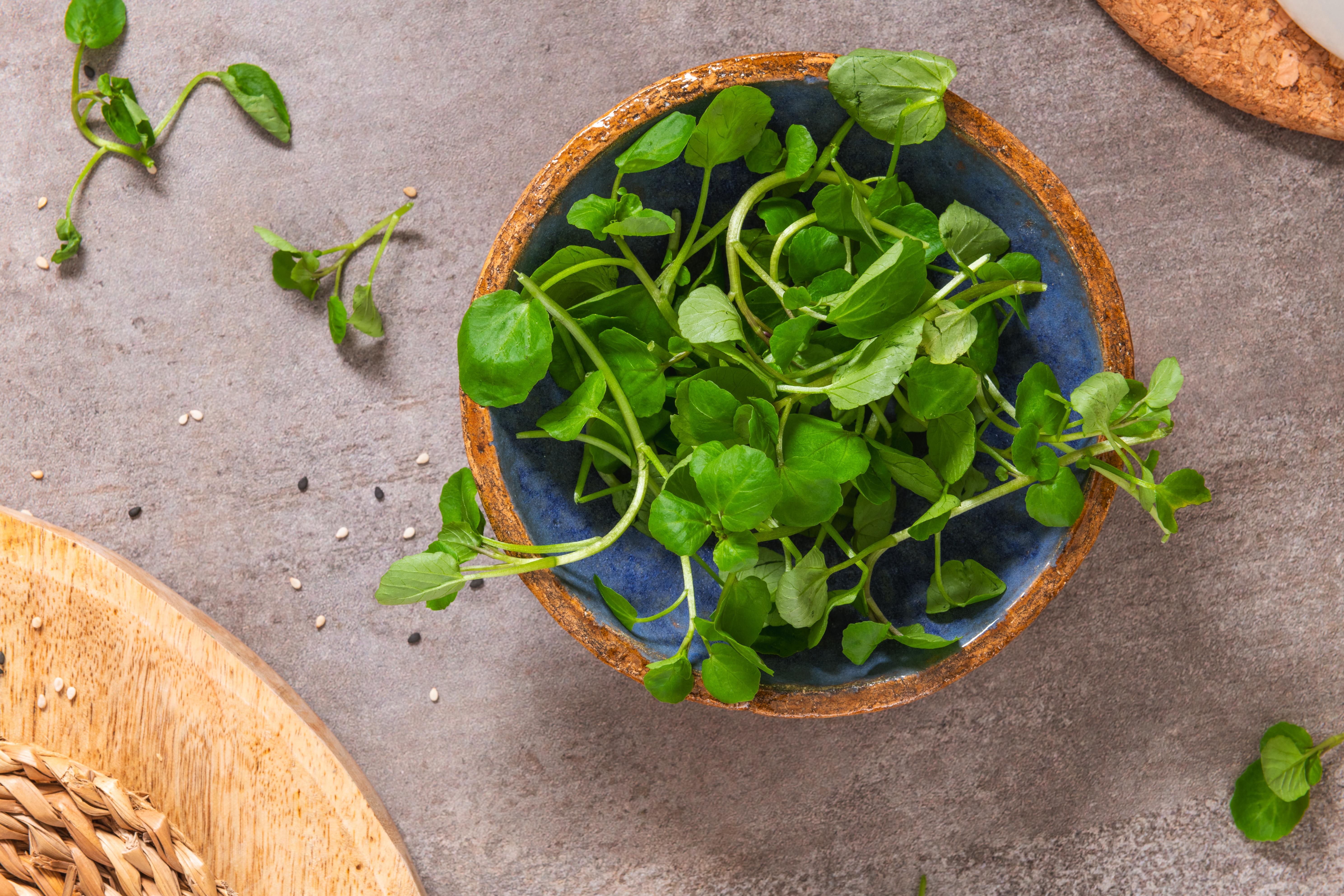
Watercress, a zesty aquatic plant, is one of the most nutrient-dense foods available. It is particularly rich in phenolic compounds, a class of antioxidants that have been shown to reduce LDL cholesterol and improve blood vessel function. The phytochemicals in watercress work by inhibiting the oxidation of cholesterol, a crucial step in the formation of arterial plaques. It's also an excellent source of vitamins K, A, and C, all of which are vital for a healthy heart. Add a handful of watercress to your salads, sandwiches, or even blend it into a green smoothie for a peppery kick and a powerful health boost.
46. Rhubarb: The Fiber-Rich Stalk
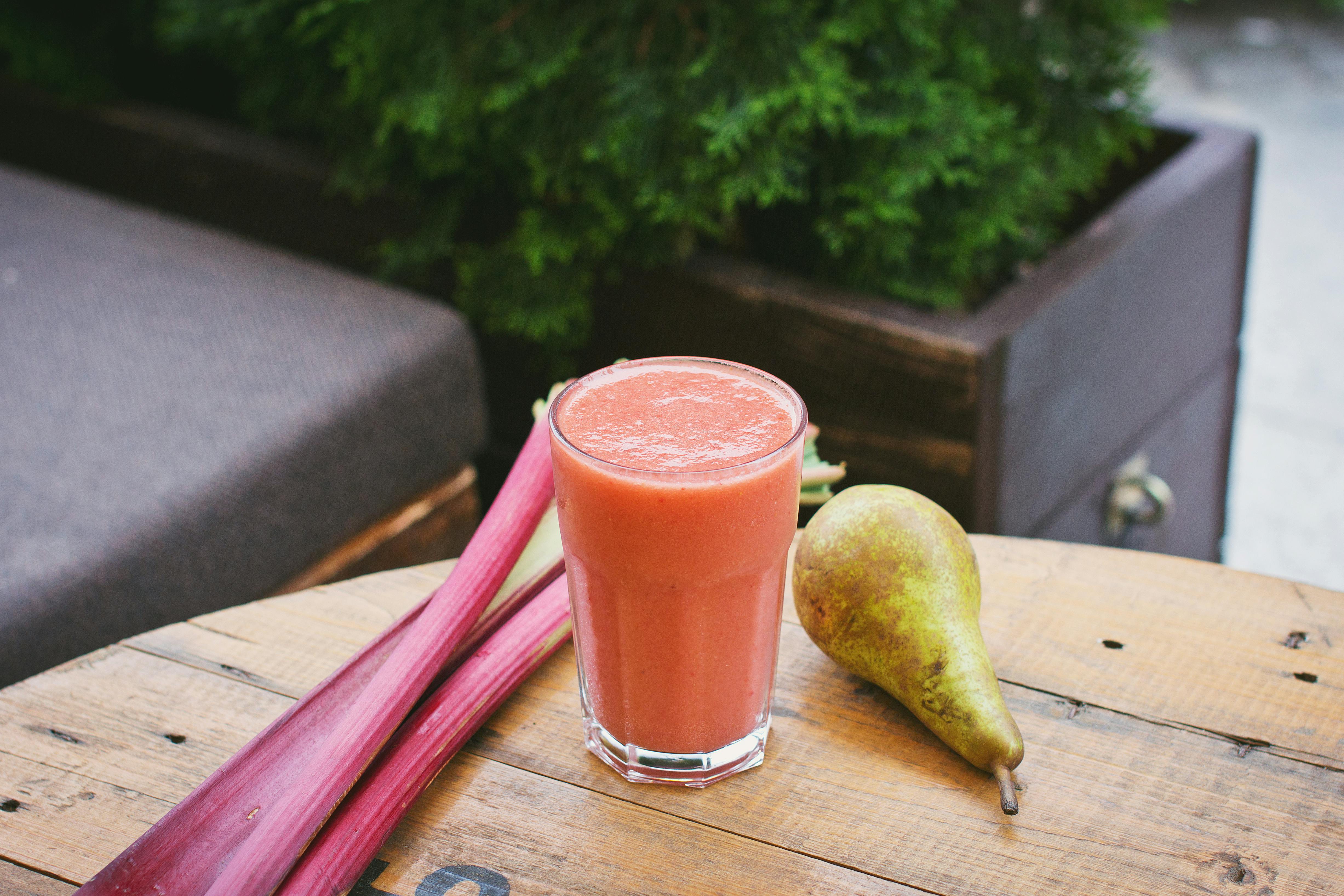
Often overlooked in modern cuisine, rhubarb is a surprisingly powerful ally for heart health. Its fibrous stalks are packed with pectin, a type of soluble fiber that acts like a sponge in your digestive system. This pectin binds to bile acids in the gut, which are made from cholesterol, forcing your body to use up more of its existing cholesterol to create new bile. This process effectively lowers your total blood cholesterol. Rhubarb's tart flavor makes it a perfect addition to fruit crumbles, sauces, or even a tangy compote, offering a unique and delicious way to protect your heart.
47. Seaweed: The Umami-Packed Marine Plant
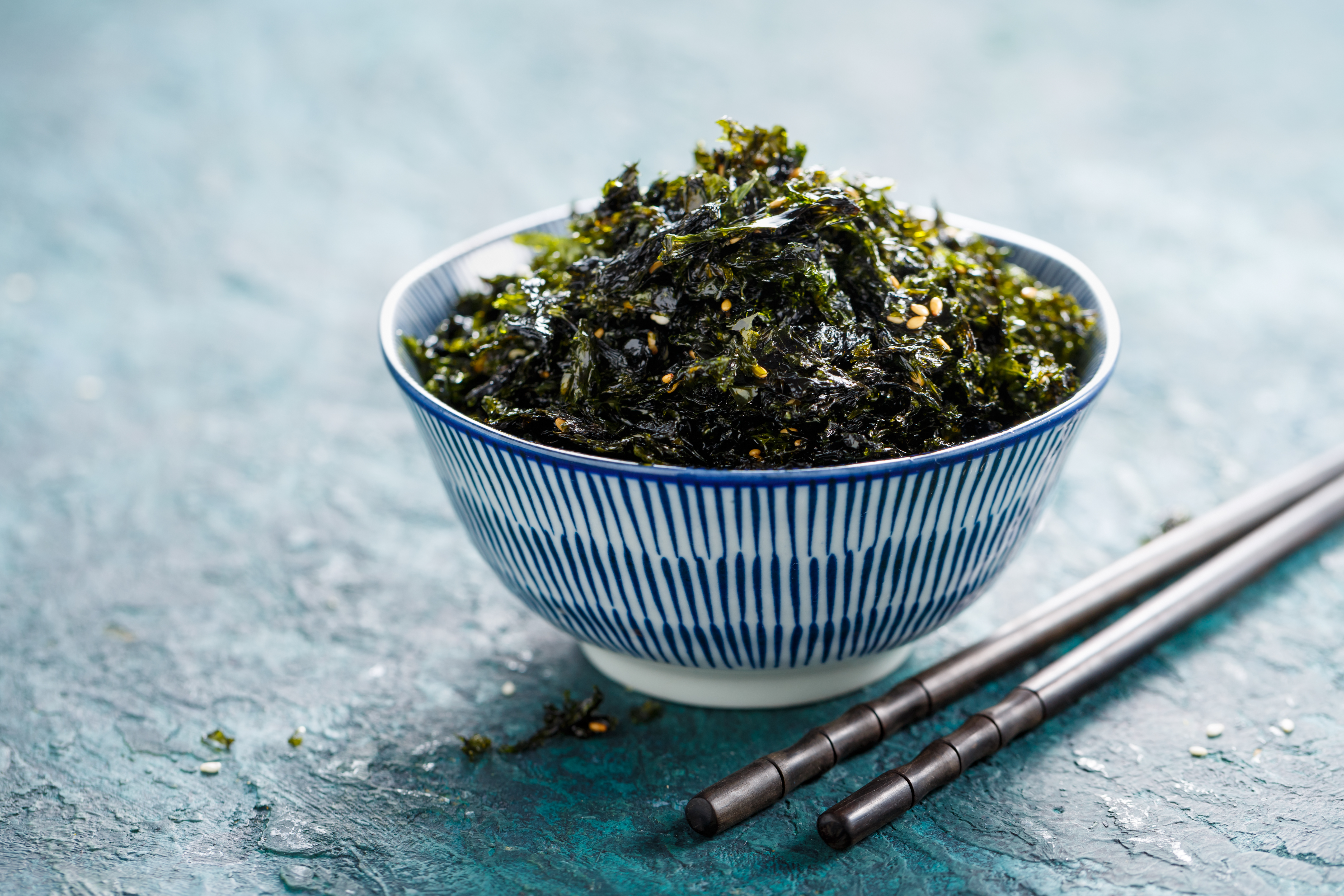
Seaweed, a staple of Japanese cuisine, offers a distinct advantage for cholesterol management. It contains fucoidans and alginates, types of soluble fiber that have been shown to inhibit fat absorption in the gut. But its true power lies in its unique sterols, which have a similar structure to cholesterol and can compete with it for absorption. By including seaweed in your diet, you're introducing a new flavor and texture while also actively preventing cholesterol from entering your bloodstream. Try adding dried seaweed to soups or salads for a briny, umami-rich flavor.
48. Pears: The Unassuming Fiber Champion
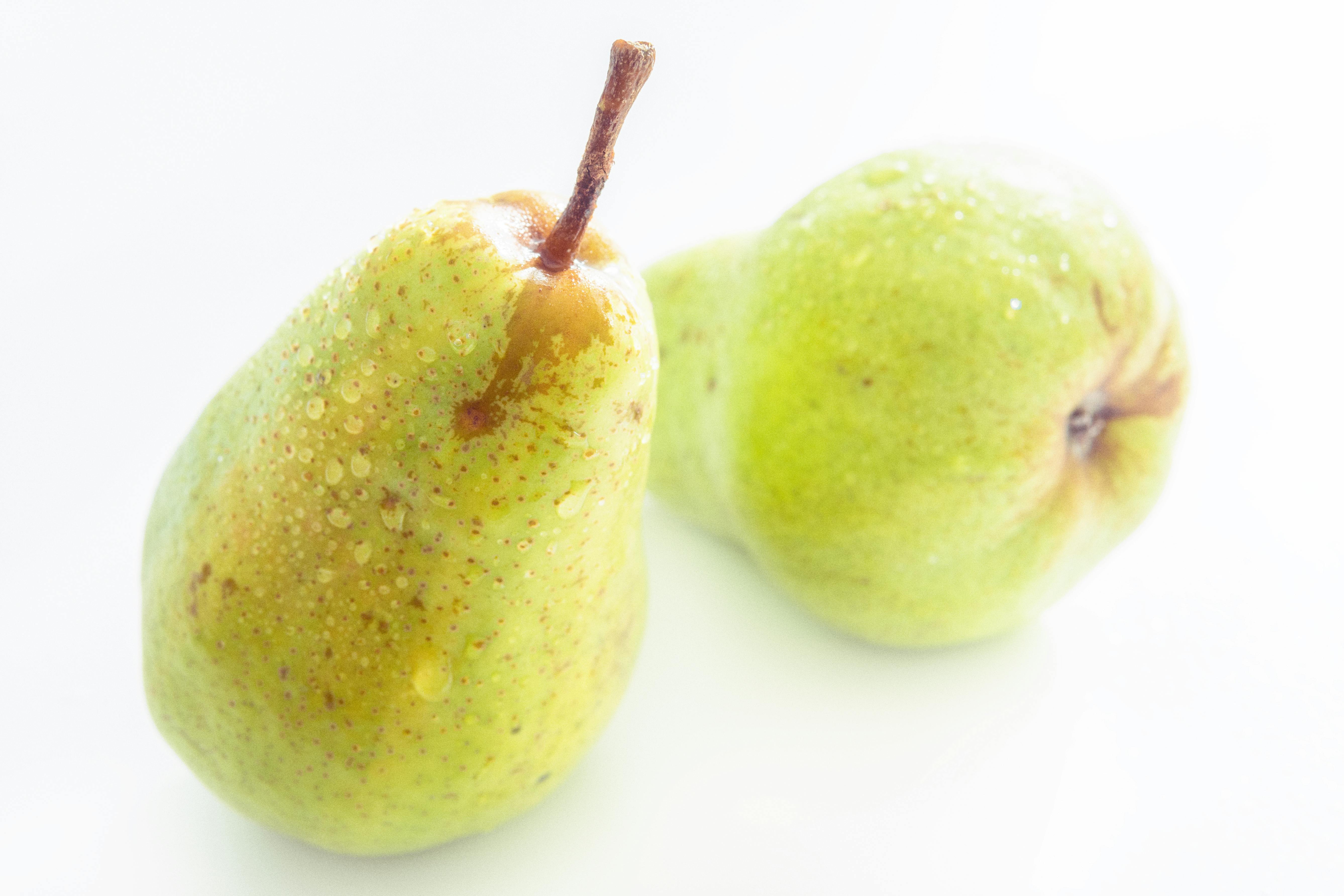
While your list mentions apples, pears often get less attention despite being a fantastic source of heart-healthy fiber. A single pear contains a high amount of soluble fiber, particularly the kind found in its skin. This fiber creates a gel-like consistency in your intestines, which not only helps you feel full but also traps excess cholesterol, preventing it from being reabsorbed into your system. By choosing to eat the pear with its skin on, you maximize this cholesterol-lowering benefit. This simple, delicious fruit is an accessible and underrated way to support your heart.
49. Sprouted Grains: The Nutrient Bioavailability Boost
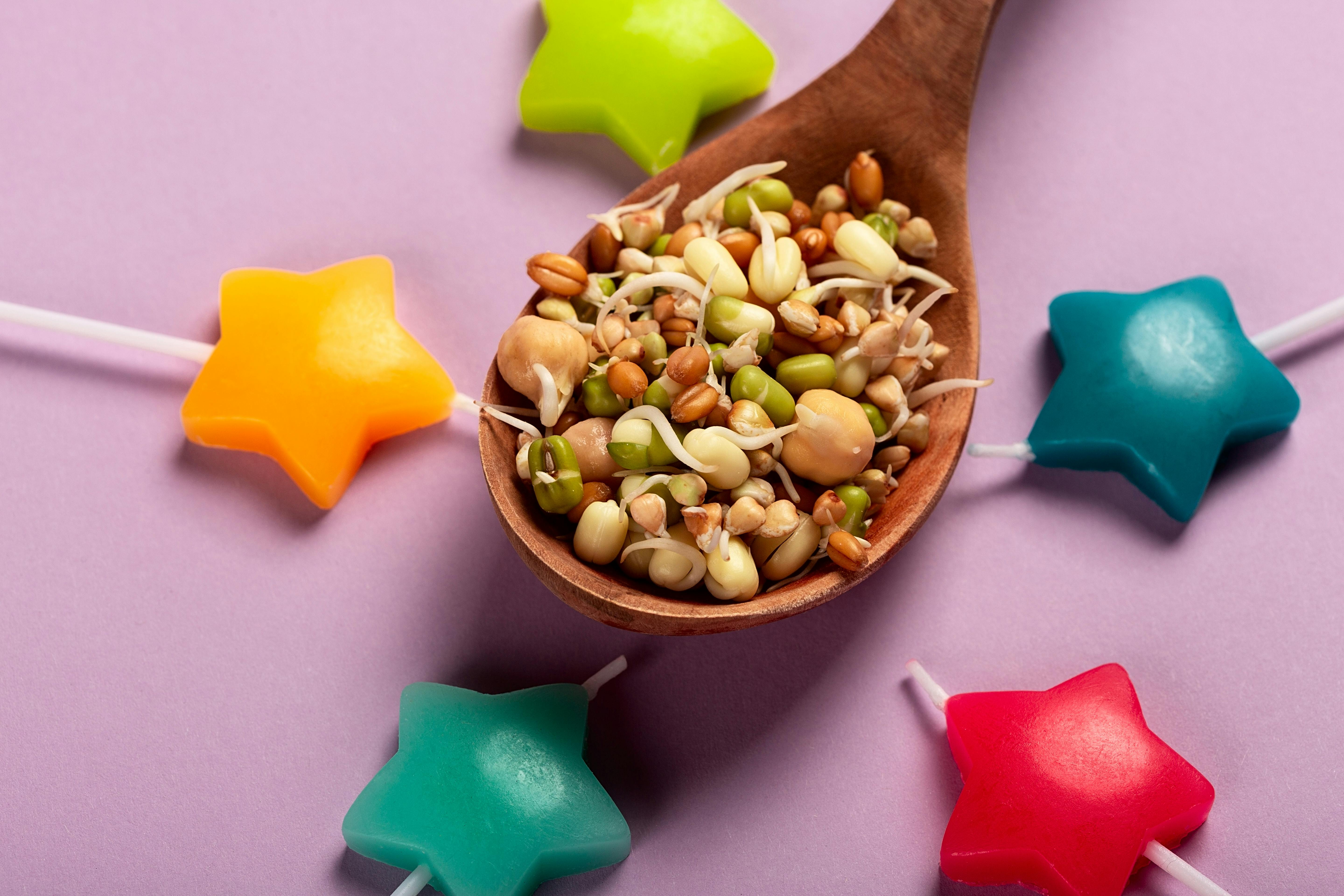
Sprouted grains, like sprouted wheat or barley, take the benefits of whole grains to the next level. The sprouting process breaks down phytic acid, a compound that can hinder the absorption of nutrients. This makes the fiber, vitamins, and minerals in the grain more bioavailable—meaning your body can use them more effectively. The soluble fiber in sprouted grains helps to lower cholesterol, while their enhanced nutrient profile supports overall cardiovascular function. Incorporate sprouted grain bread or flour into your diet for a superior form of nutrition that's gentler on your digestive system.
50. Water Chestnuts: The Resistant Starch Root
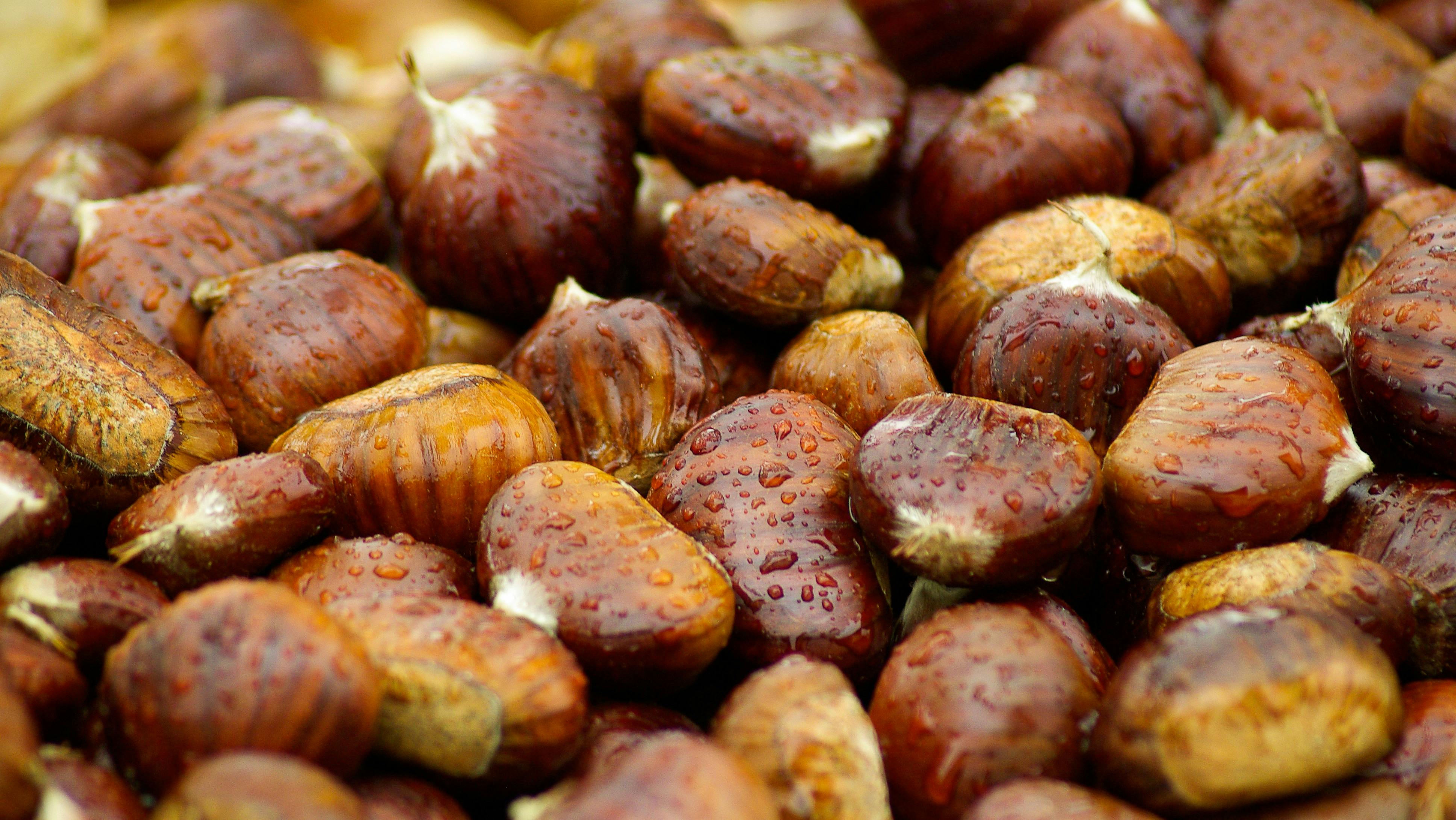
Water chestnuts are a crunchy, versatile vegetable often used in Asian cuisine. Their secret weapon is a high concentration of resistant starch, a unique type of carbohydrate that isn't fully digested in the small intestine. Instead, it travels to the large intestine where it acts like a soluble fiber, binding to cholesterol and helping to flush it from the body. This process also nourishes beneficial gut bacteria, which play a crucial role in overall metabolic health. Sliced or diced, water chestnuts add a satisfying crunch to stir-fries, salads, and wraps while actively helping to lower your cholesterol.
51. Shiitake Mushrooms: The Liver's Cholesterol Regulator
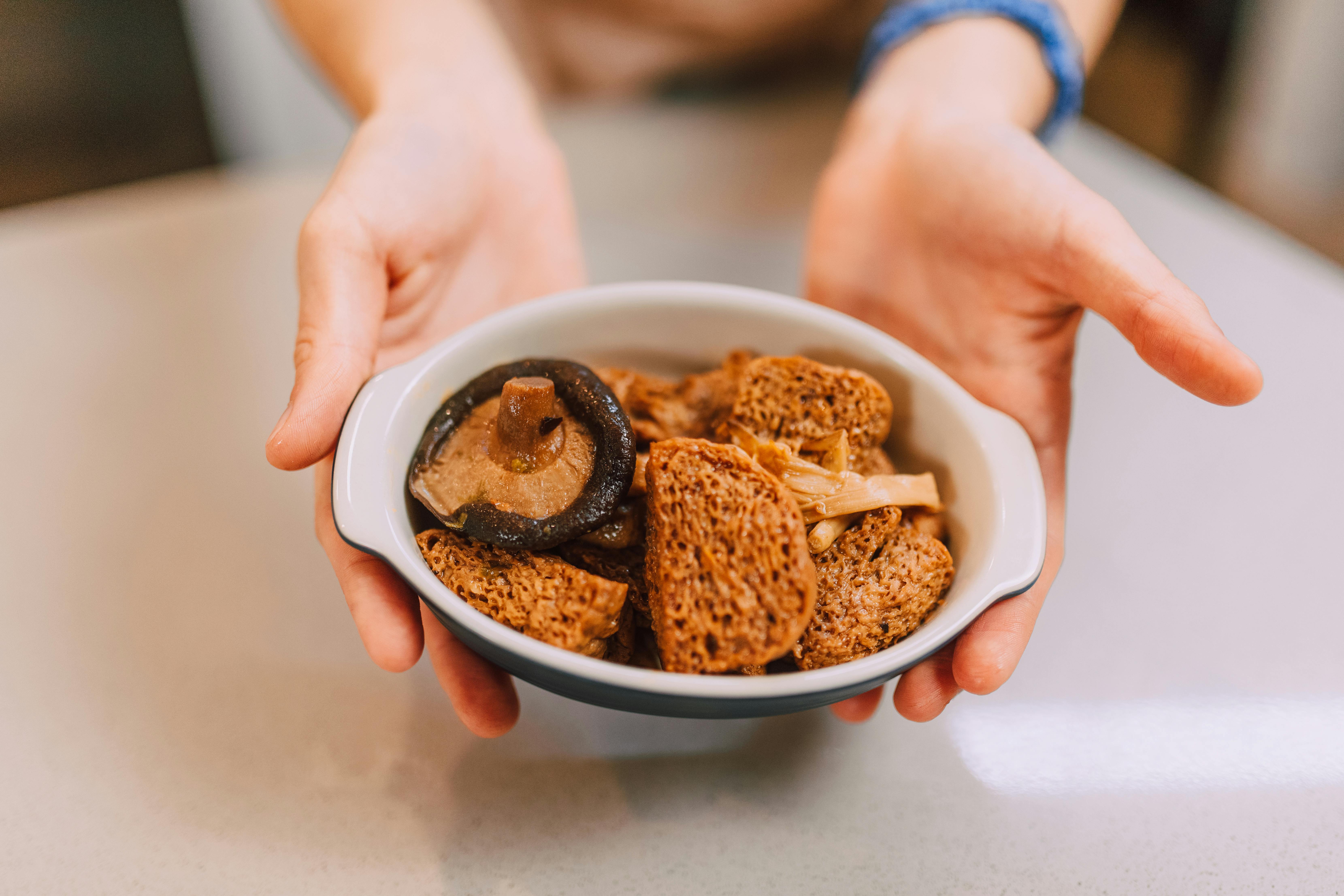
Shiitake mushrooms, a staple in many East Asian cuisines, offer more than just a rich, savory flavor. They contain a unique compound called eritadenine that has been shown to directly inhibit the production of cholesterol in the liver. By acting on the very organ that creates cholesterol, shiitake mushrooms help your body naturally regulate blood lipid levels. They also contain beta-glucans, the same cholesterol-lowering soluble fiber found in oats. Incorporating these mushrooms into your diet through stir-fries, soups, or as a meat substitute is a delicious and effective way to support your heart.
52. Sesame Seeds: The Lignan-Packed Fighter
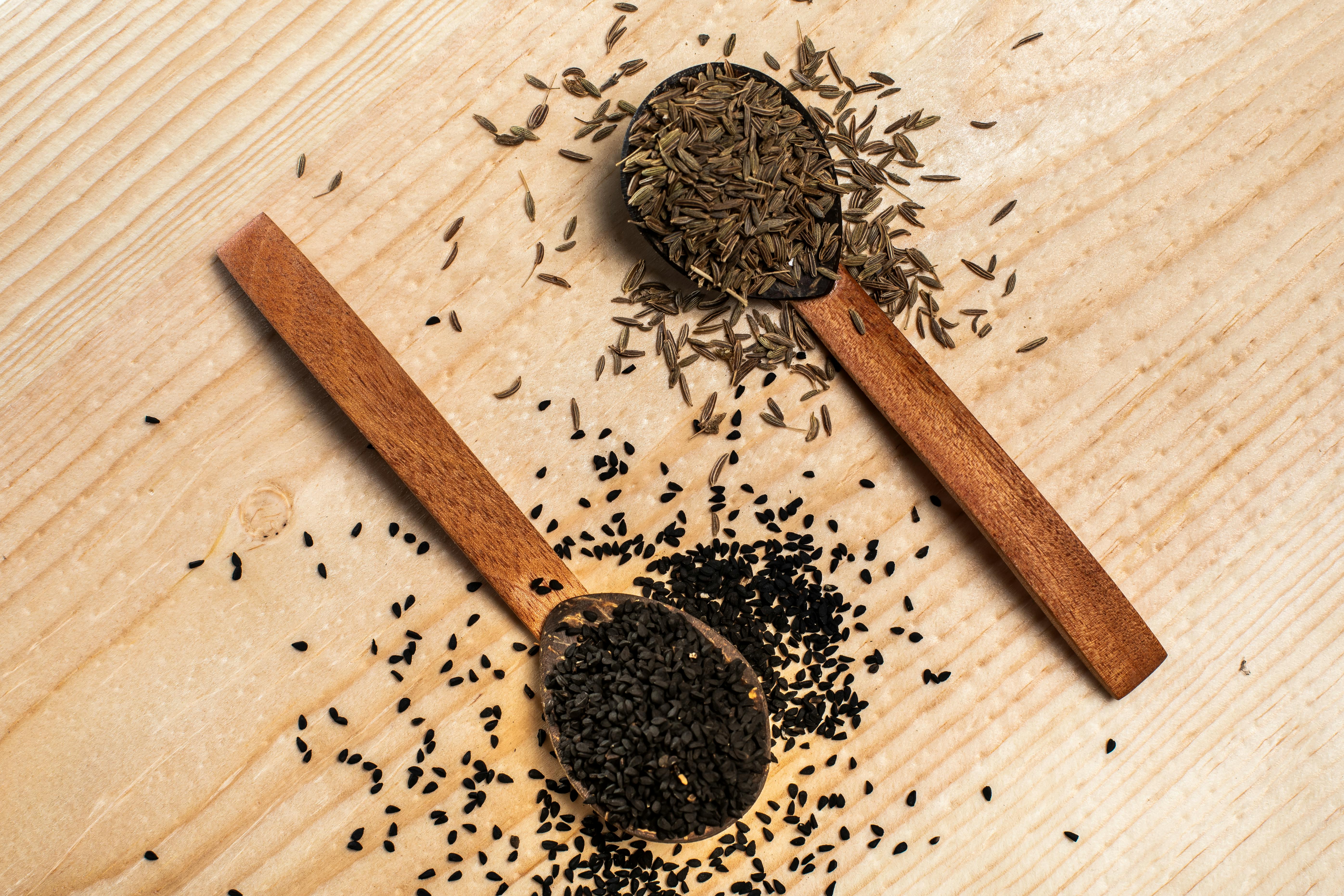
Tiny yet mighty, sesame seeds and their paste, tahini, are a unique cholesterol-lowering food. They are a rich source of lignans, a type of plant compound that has been shown to reduce both total and LDL cholesterol. Lignans work by inhibiting cholesterol absorption and increasing its excretion from the body. Additionally, sesame seeds are packed with heart-healthy monounsaturated and polyunsaturated fats. You can easily add them to your diet by sprinkling them on salads or vegetables, or by blending tahini into sauces and dressings. This simple addition is a delicious way to get a dose of powerful cholesterol-fighting compounds.
53. Miso Paste: The Fermented Gut Ally

Often used as a base for soup, miso paste is a fermented soy product that offers unique benefits for cholesterol management. Its fermentation process creates beneficial bacteria, or probiotics, that are essential for a healthy gut microbiome. A balanced gut plays a crucial role in regulating cholesterol metabolism and reducing inflammation, both of which are key to heart health. Miso also contains plant compounds that can help lower LDL cholesterol. Adding a teaspoon of miso to a warm broth or a savory smoothie is a simple and delicious way to support your gut and, in turn, your cardiovascular system.
54. Parsley: The Green Detoxifier

More than just a garnish, parsley is a surprisingly potent herb for heart health. It is rich in flavonoids, including apigenin, which has been shown to reduce inflammation and oxidative stress. Parsley also contains compounds that support liver function and aid in the detoxification process, which is crucial for a healthy metabolism and the body's natural ability to manage cholesterol. Adding a handful of fresh parsley to salads, smoothies, or using it as a base for a vibrant pesto is a simple, refreshing way to add a powerful dose of heart-healthy nutrients to your diet.
55. Kiwi: The Digestive Enzyme Booster
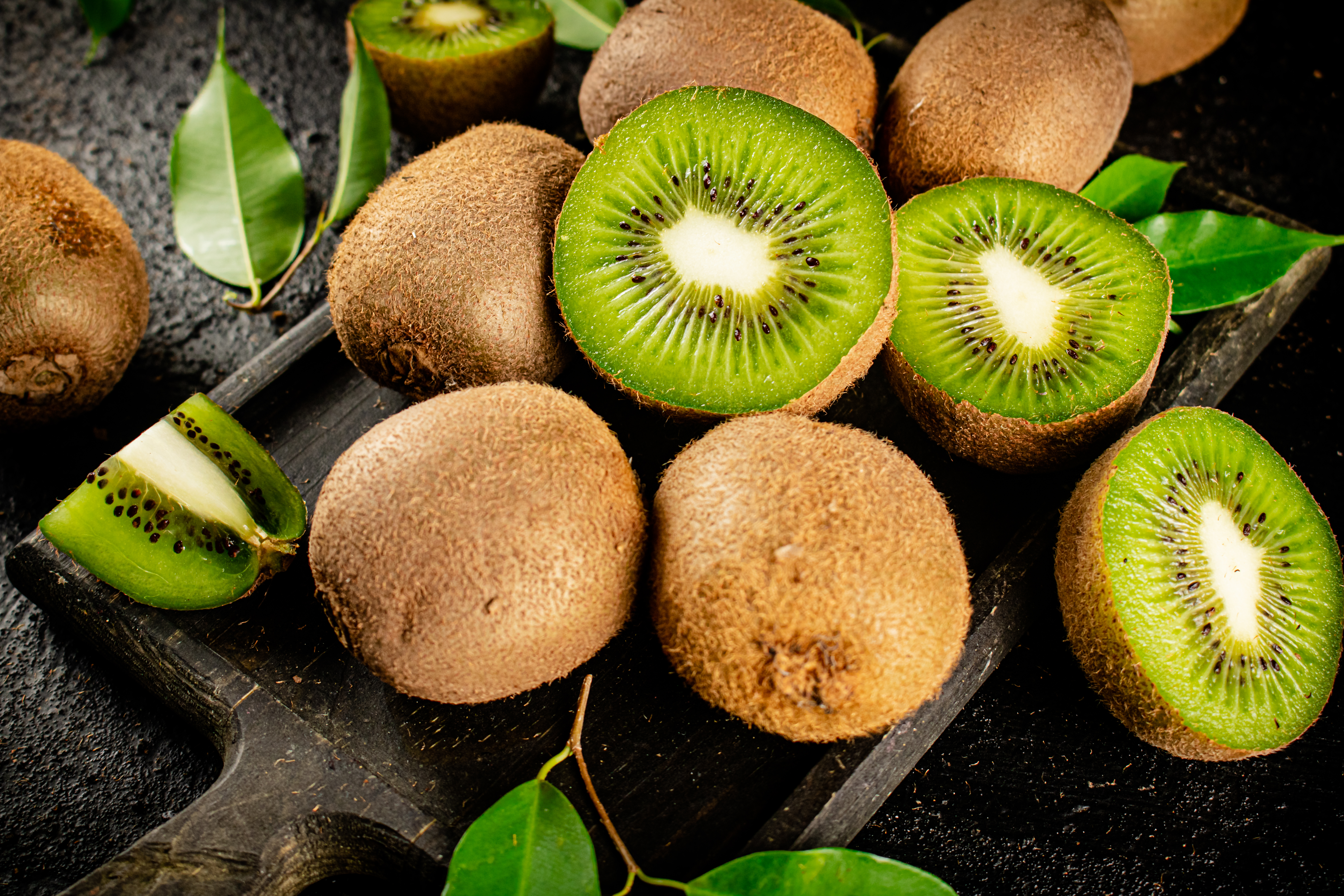
While many fruits fight cholesterol with fiber and antioxidants, kiwi offers a unique benefit with its natural digestive enzymes, particularly actinidin. This enzyme helps to break down proteins, which can improve digestion and reduce the inflammatory burden on your body. Kiwis are also an excellent source of soluble fiber and vitamin C, both of which contribute to lowering LDL cholesterol and supporting overall cardiovascular health. Adding a peeled kiwi to your morning smoothie or enjoying it sliced on its own is a simple and delicious way to get a powerful, gut-soothing boost that supports a healthy heart.
56. Cauliflower: The Creamy Cruciferous
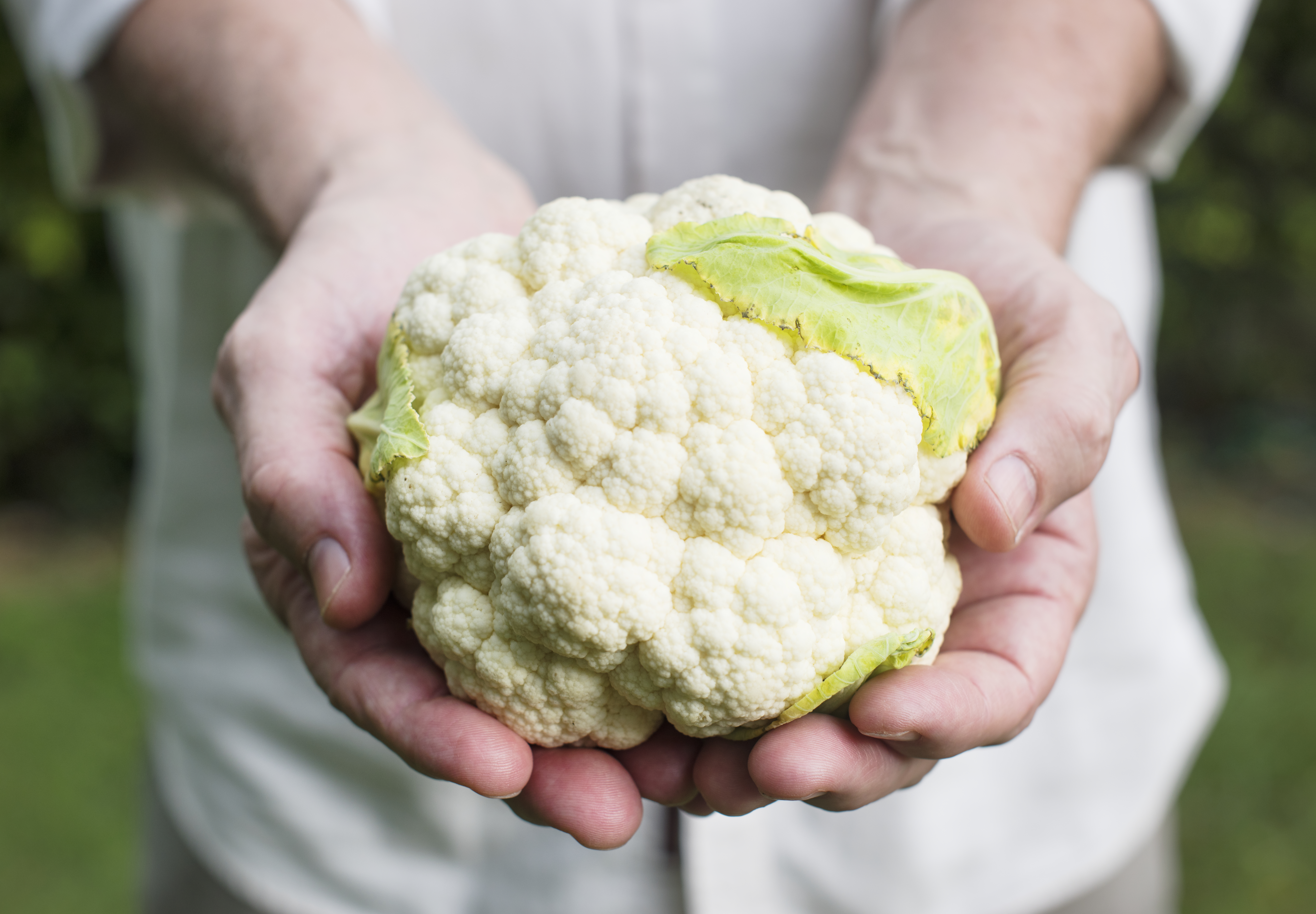
Cauliflower is a versatile and often-overlooked cholesterol-fighting vegetable. It is packed with sulforaphane, a compound found in cruciferous vegetables that has been shown to reduce inflammation and protect against arterial plaque formation. Cauliflower is also rich in soluble fiber, which binds to cholesterol in the gut, preventing its absorption. As an added bonus, when blended, frozen cauliflower can create a creamy texture in smoothies, offering a low-sugar and nutrient-dense alternative to other ingredients. This simple vegetable is a powerful and versatile ally in your quest for a healthier heart.
57. Red Cabbage: The Anthocyanin Arterial Defender
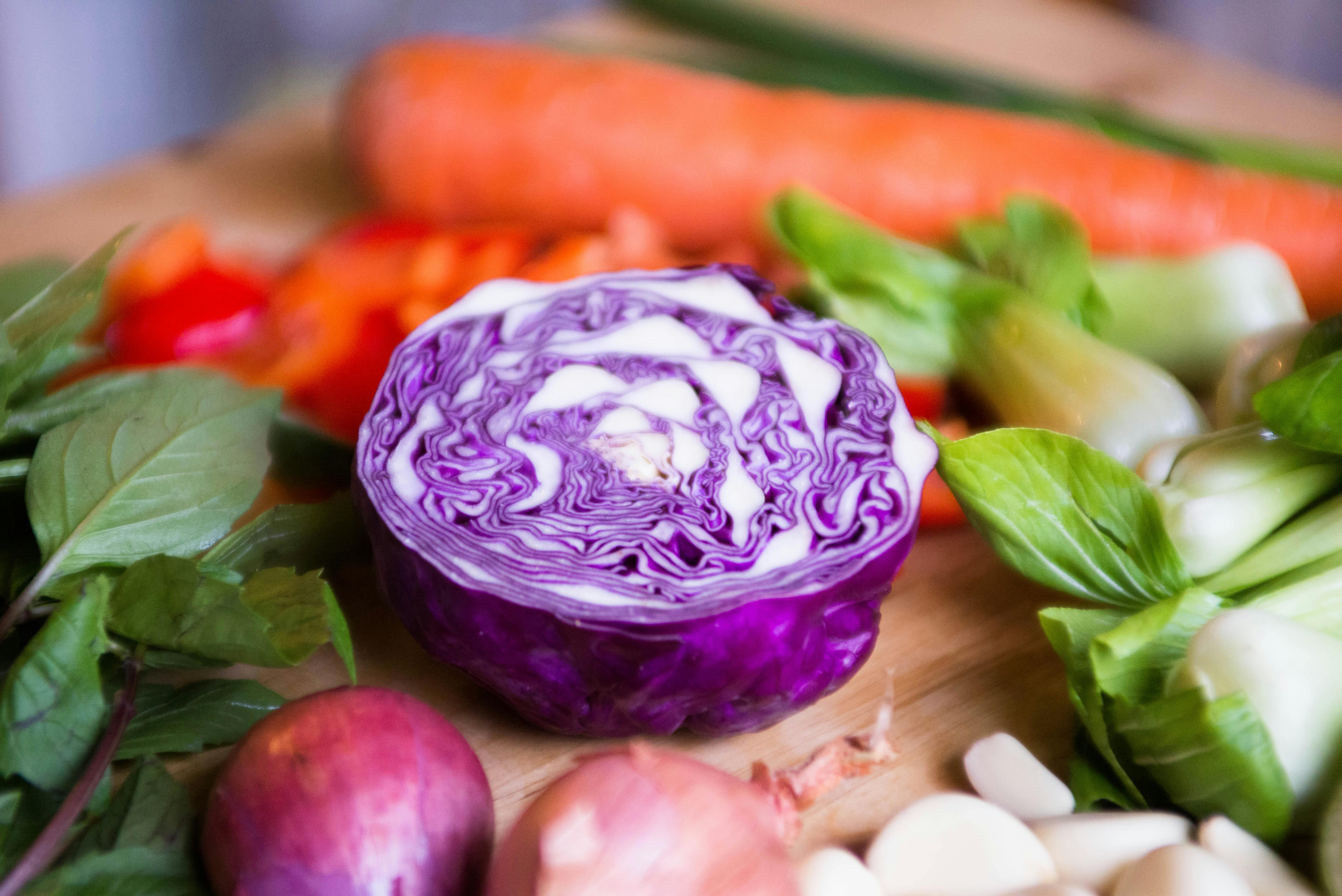
Red cabbage is a powerful, low-calorie food that offers a unique defense for your arteries. Its vibrant purple color comes from high concentrations of anthocyanins, the same potent antioxidants found in berries and red wine. These compounds don't just reduce circulating cholesterol; they actively help strengthen the walls of your blood vessels and reduce the inflammation that allows cholesterol plaque to stick . Furthermore, red cabbage is rich in glutamine, an amino acid that plays a vital role in repairing and maintaining the gut lining. A healthier gut reduces systemic inflammation, which is a major driver of heart disease. Enjoy it shredded raw in a slaw or lightly fermented as sauerkraut to maximize the power of these compounds.
58. Dandelion Greens: The Liver and Bile Stimulator

Dandelion greens, often overlooked as a weed, are a highly valued plant in traditional medicine for supporting liver health, which is critical for cholesterol regulation. They contain bitter compounds that act as potent diuretics and bile stimulants. By encouraging the liver to produce and release more bile (which is made from cholesterol), Dandelion greens help your body naturally clear excess cholesterol from the system. Furthermore, they are packed with potassium and antioxidants, helping to balance blood pressure and reduce inflammation. Using the fresh leaves in salads or lightly sautéed provides a powerful, bitter flavor that signals your digestive system to work more efficiently.
59. Reishi Mushrooms: The Anti-Stress Adaptogen

Reishi mushrooms (Ganoderma lucidum) offer a unique, indirect path to lower cholesterol by acting as potent adaptogens. They contain triterpenes and beta-glucans that help calm the body’s stress response, which is critical because chronic stress and elevated cortisol compel the liver to increase cholesterol production. By reducing this stress-driven production, Reishi helps modulate cholesterol from a systemic level, rather than just through fiber binding. They also contain compounds that may directly inhibit cholesterol synthesis and help lower blood pressure. Consuming Reishi as a tea, extract, or powder is a subtle, non-dietary way to support hormonal balance and, consequently, heart health.
60. Endive: The Inulin Prebiotic

Endive, with its crisp, slightly bitter leaves, is more than a simple salad green. Its power comes from its high concentration of inulin, a type of soluble fiber that acts as a prebiotic. This means it feeds the beneficial bacteria in your gut, which, in turn, helps to produce short-chain fatty acids. These fatty acids have been shown to help regulate cholesterol metabolism and reduce systemic inflammation, both of which are critical for heart health. Endive is also rich in potassium and Vitamin K, crucial for maintaining healthy blood pressure and proper blood clotting. Use its leaves as a natural "scoop" for dips or chop it into salads for a refreshing, gut-friendly crunch.
61. Leeks: The Sulfur-Rich Vascular Relaxer

Leeks, the mild-flavored cousins of onions, are excellent for heart health, not just for their fiber, but for their unique sulfur compounds and high concentration of kaempferol, a powerful flavonoid. Kaempferol acts as an antioxidant that protects the delicate lining of your blood vessels (the endothelium) from inflammatory damage. Furthermore, leeks are an excellent source of potassium, which is vital for balancing the effects of sodium and regulating blood pressure. By promoting vascular relaxation and maintaining fluid balance, leeks help reduce the burden on your heart, supporting healthy circulation, which is essential for preventing the arterial stiffness and damage that lead to cholesterol plaque buildup. Use them as a base for soups or sautés to unlock their rich flavor and health benefits.
62. Plantain (Green): The Resistant Starch Transformer

Plantain, often mistaken for a banana, is a savory starch that offers profound, yet often-overlooked, benefits for cholesterol when consumed green and cooked. Its power lies in its incredibly high content of resistant starch. This starch is indigestible in the small intestine, acting like soluble fiber by binding to bile acids (which contain cholesterol) and removing them from the body. Once in the large intestine, it ferments, producing beneficial short-chain fatty acids that help regulate cholesterol synthesis in the liver.
63. Black Beans (Soaked & Slow-Cooked): Phytate and Fiber Efficacy

Black beans deserve special mention for their unique combination of resistant starch and phytates. When properly soaked and slow-cooked, the phytates (though often considered anti-nutrients) help bind with cholesterol in the digestive tract, increasing its excretion. The high soluble fiber and resistant starch content then feeds beneficial gut bacteria, leading to the production of short-chain fatty acids (SCFAs). These SCFAs are absorbed and travel to the liver, where they actively inhibit cholesterol synthesis. This dual action—binding and production control—makes black beans an exceptionally powerful, affordable, and foundational food for significantly lowering LDL cholesterol.
A Delicious Path to Heart Health

This journey is not only about reducing cholesterol but also about enjoying a diverse and flavorful diet that nourishes both body and soul. As you explore these plant-based options, remember that small, consistent changes can lead to significant improvements in heart health, paving the way for a vibrant and fulfilling life.
